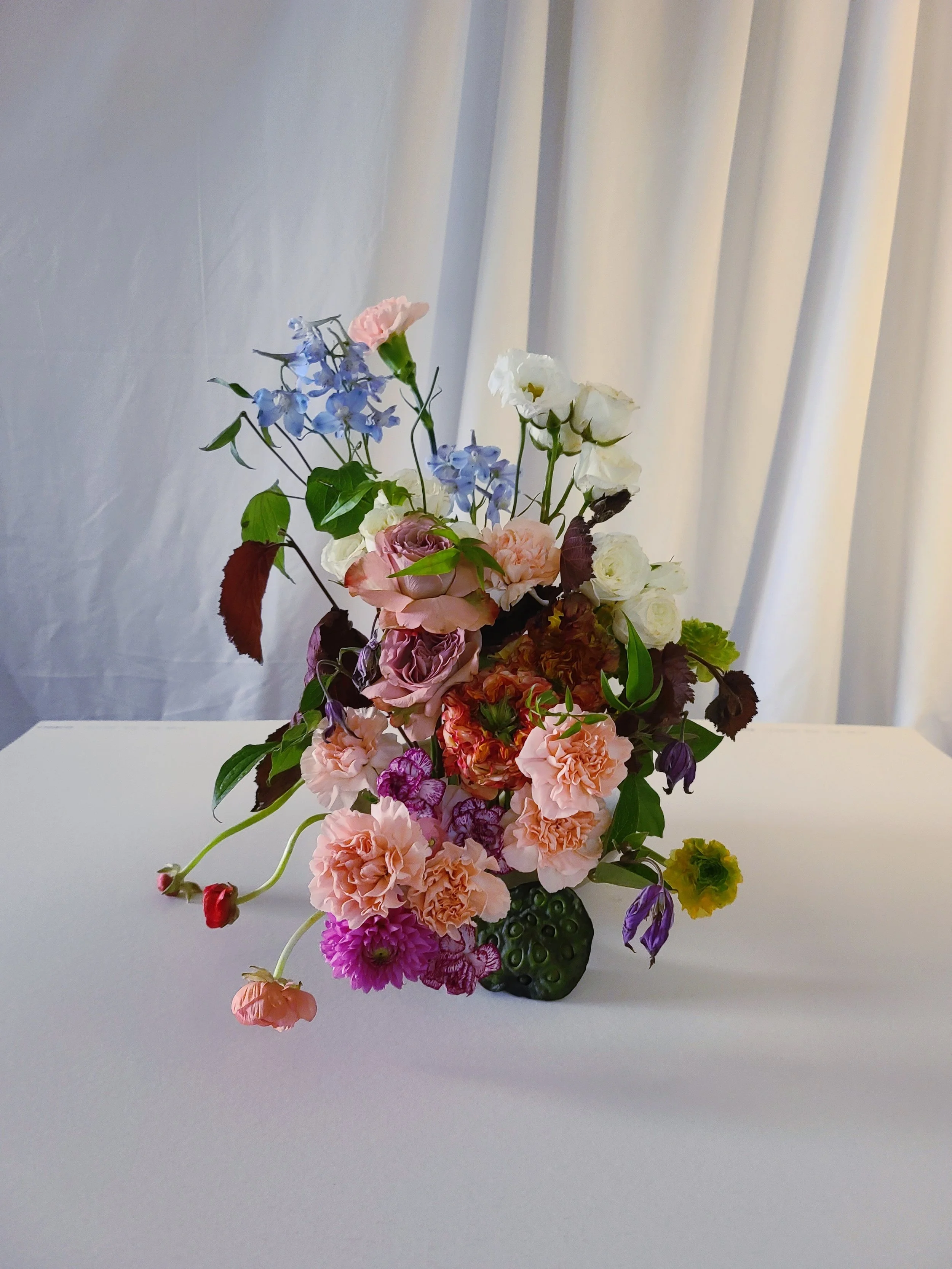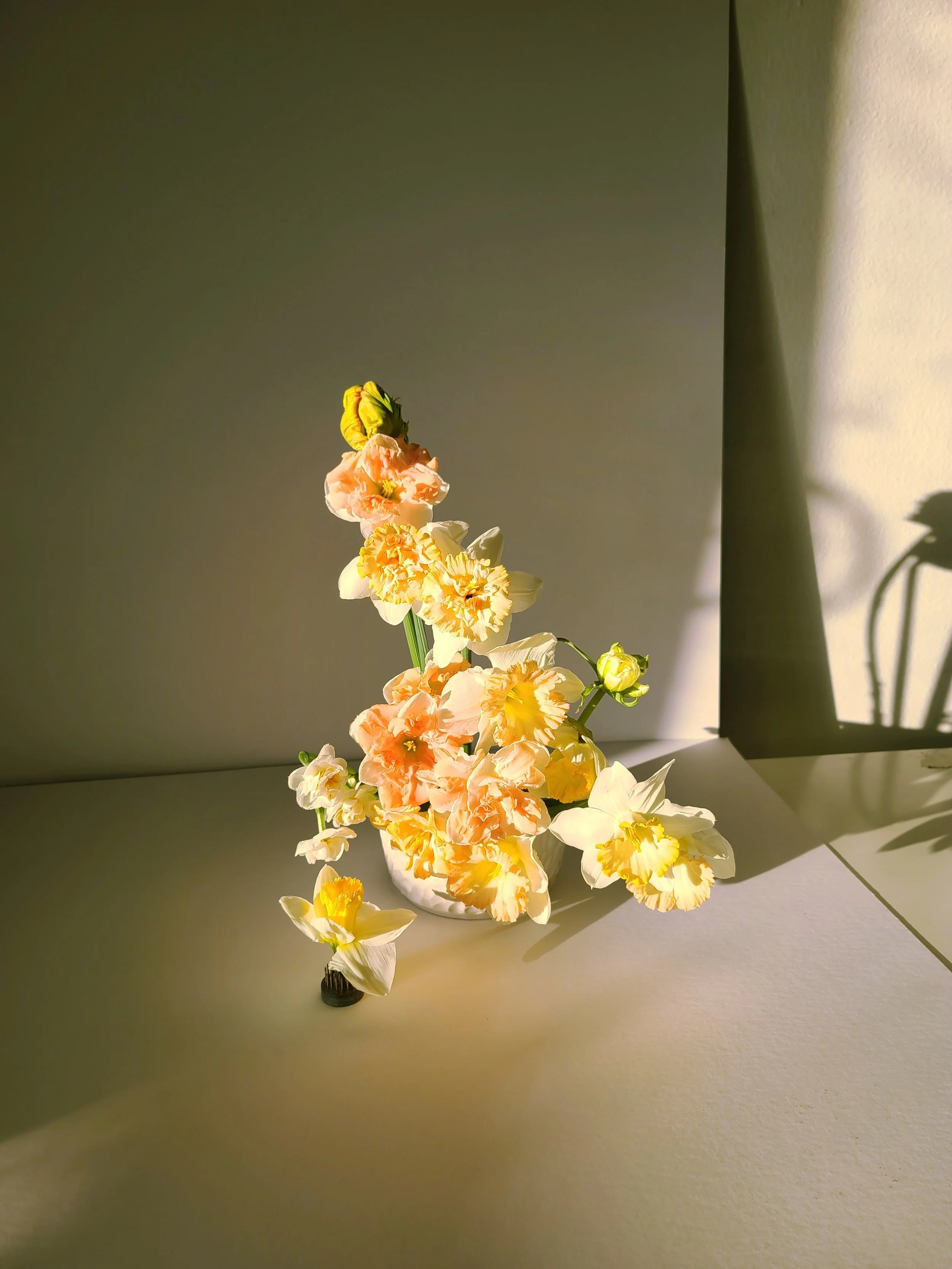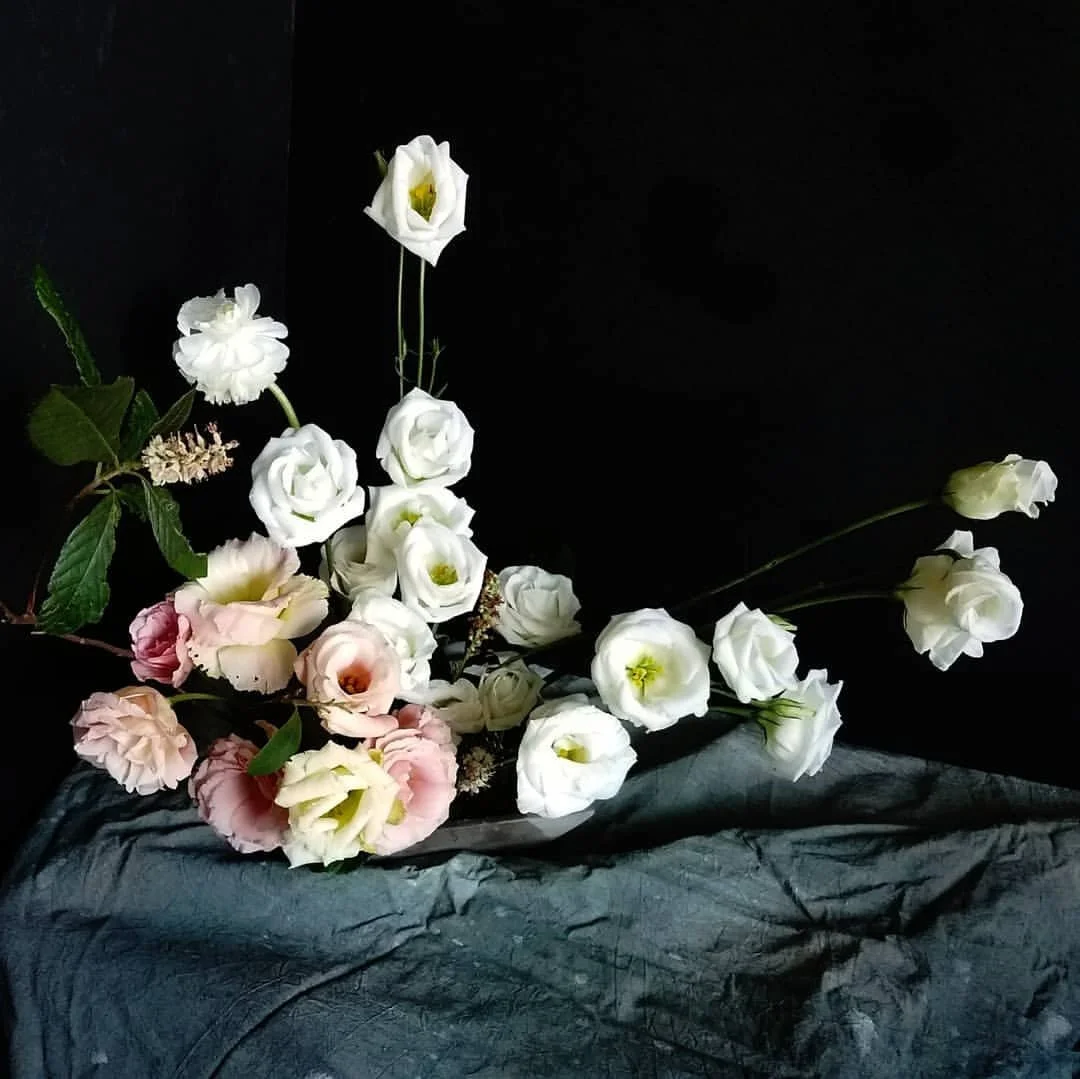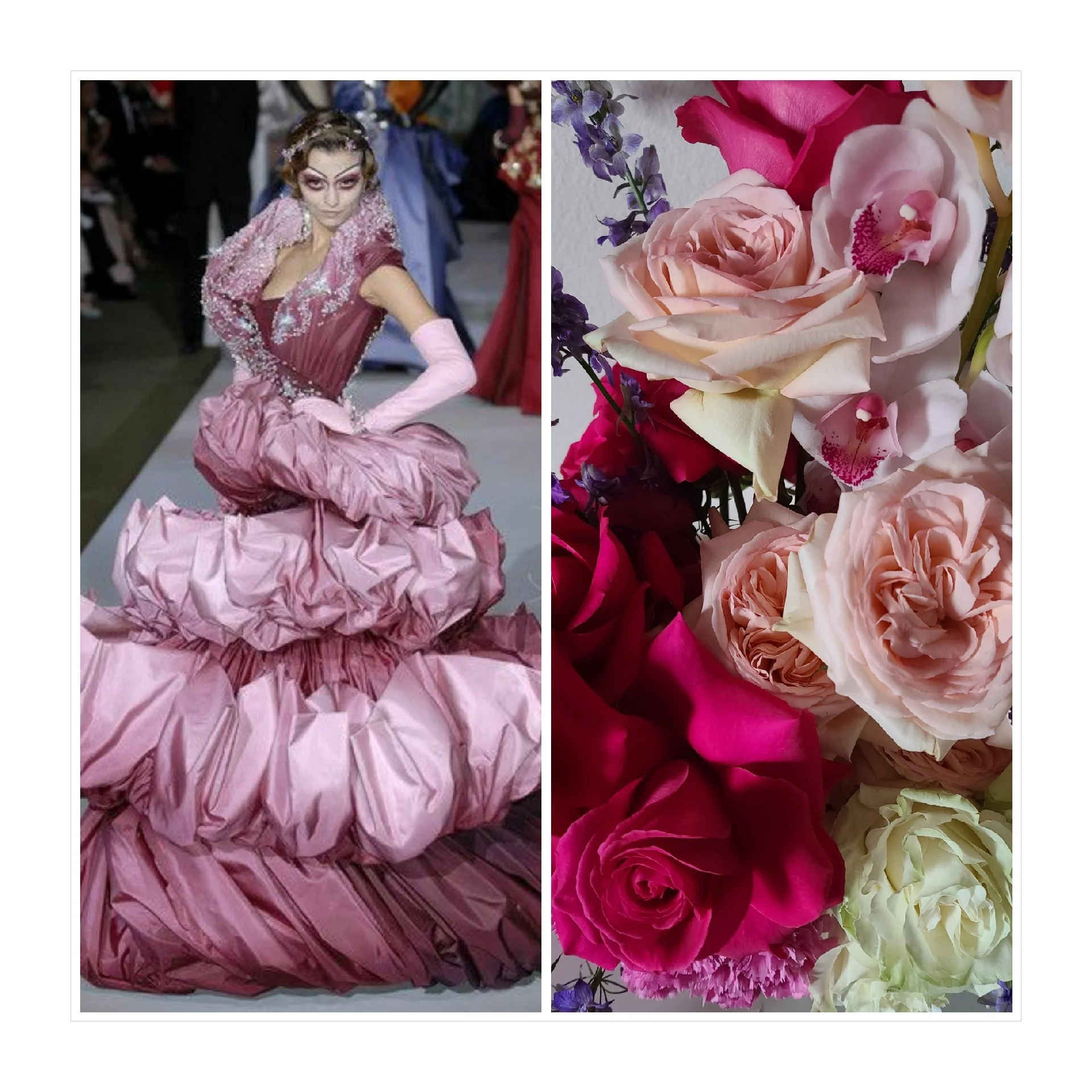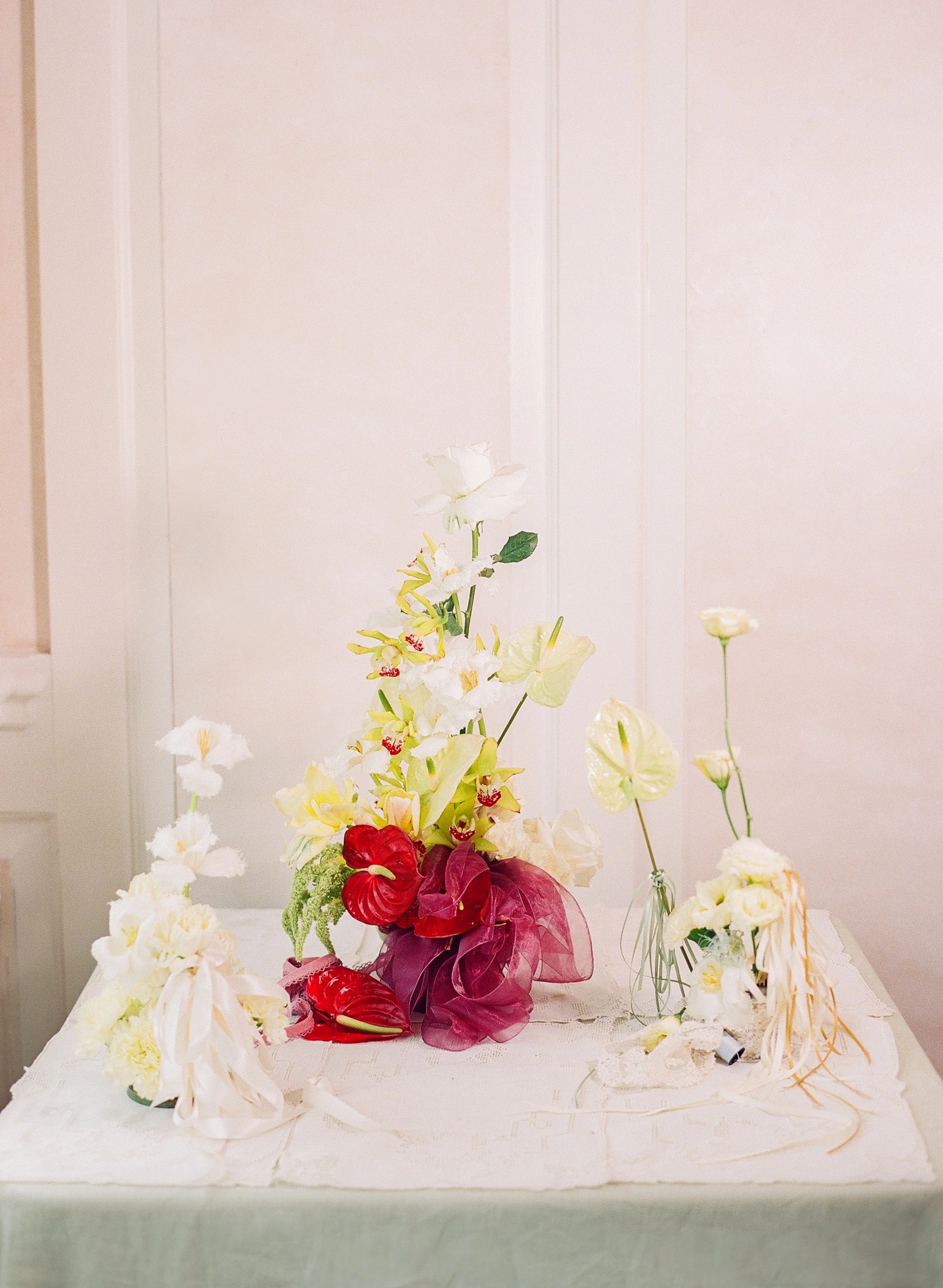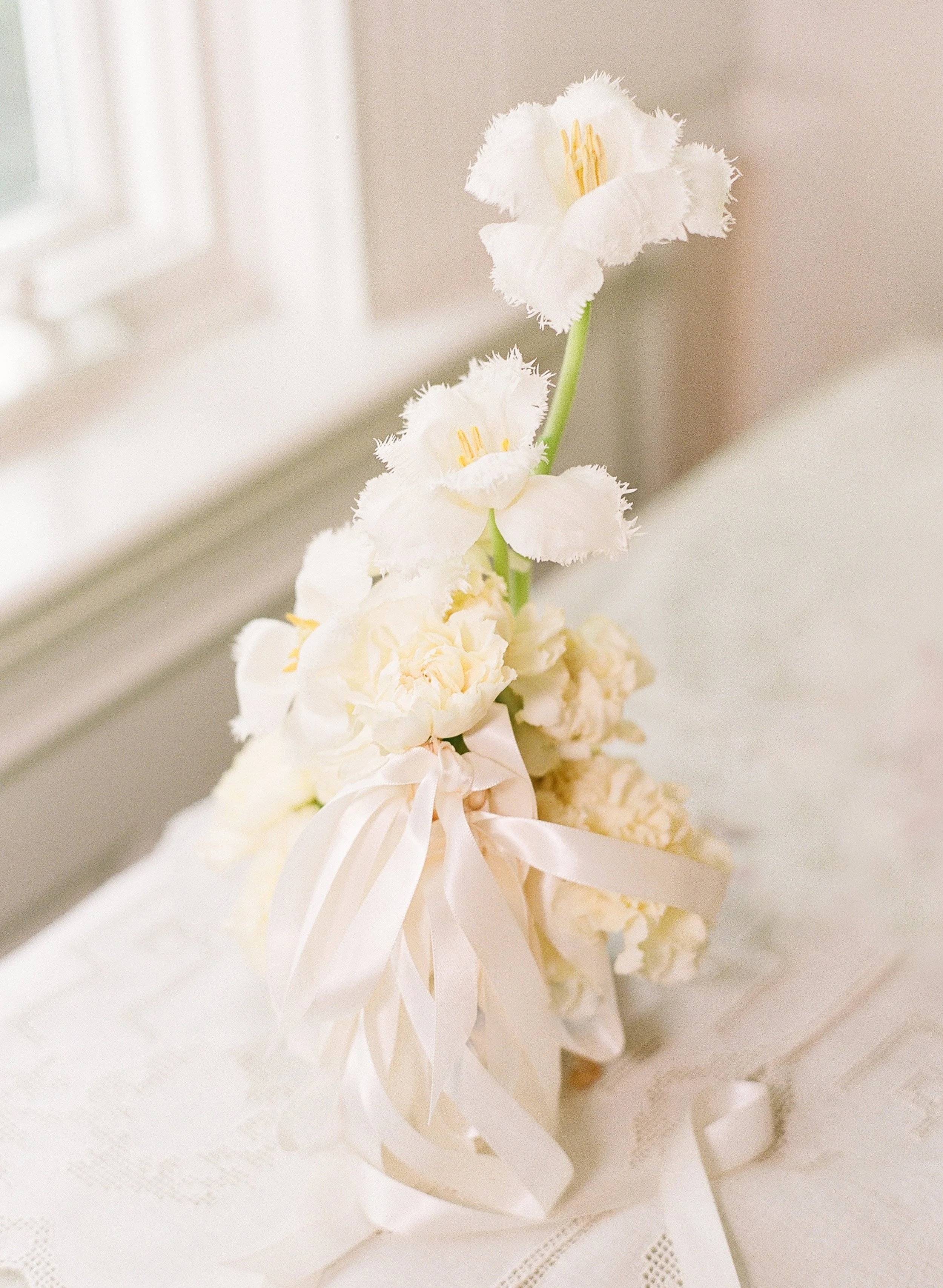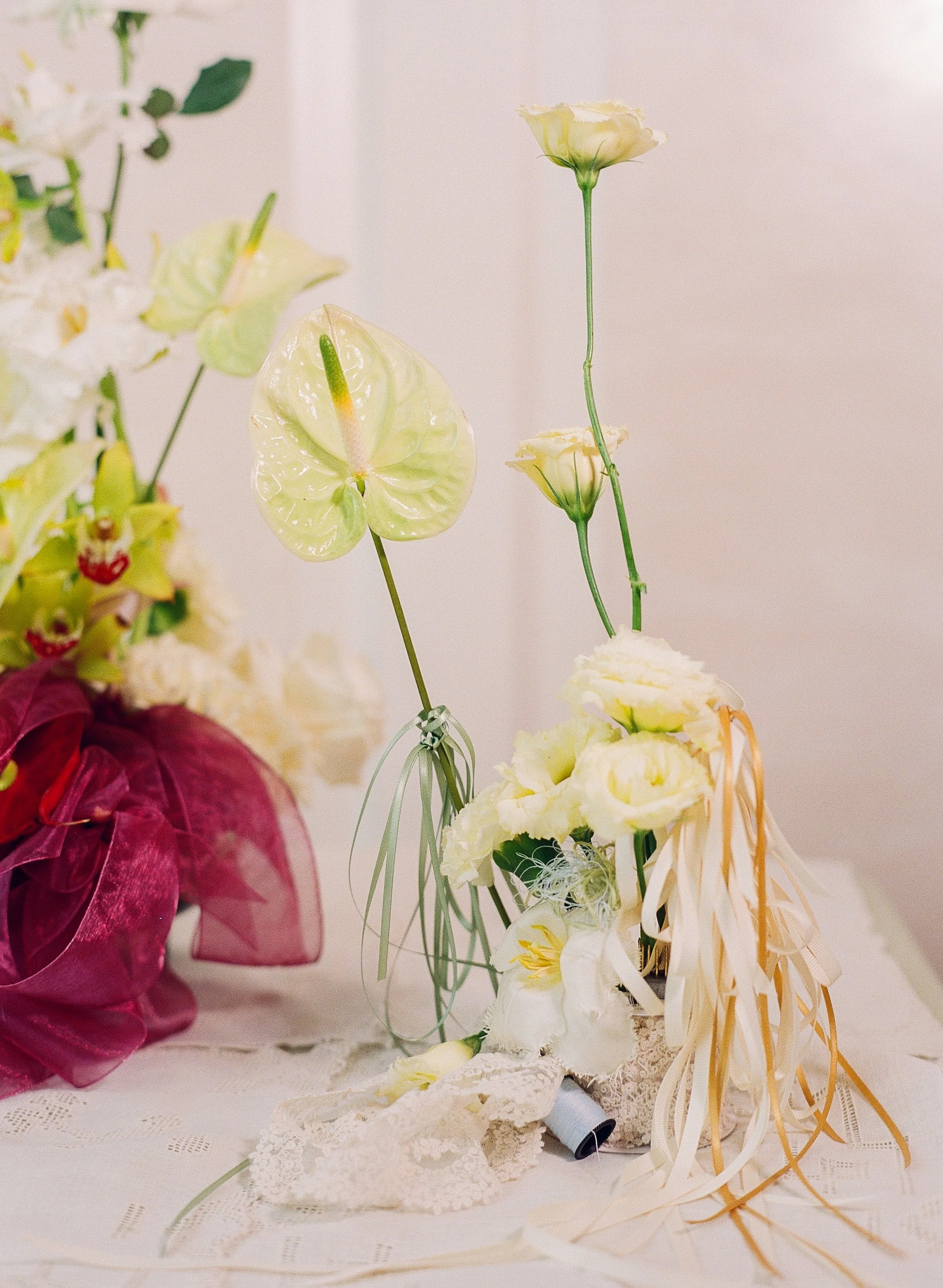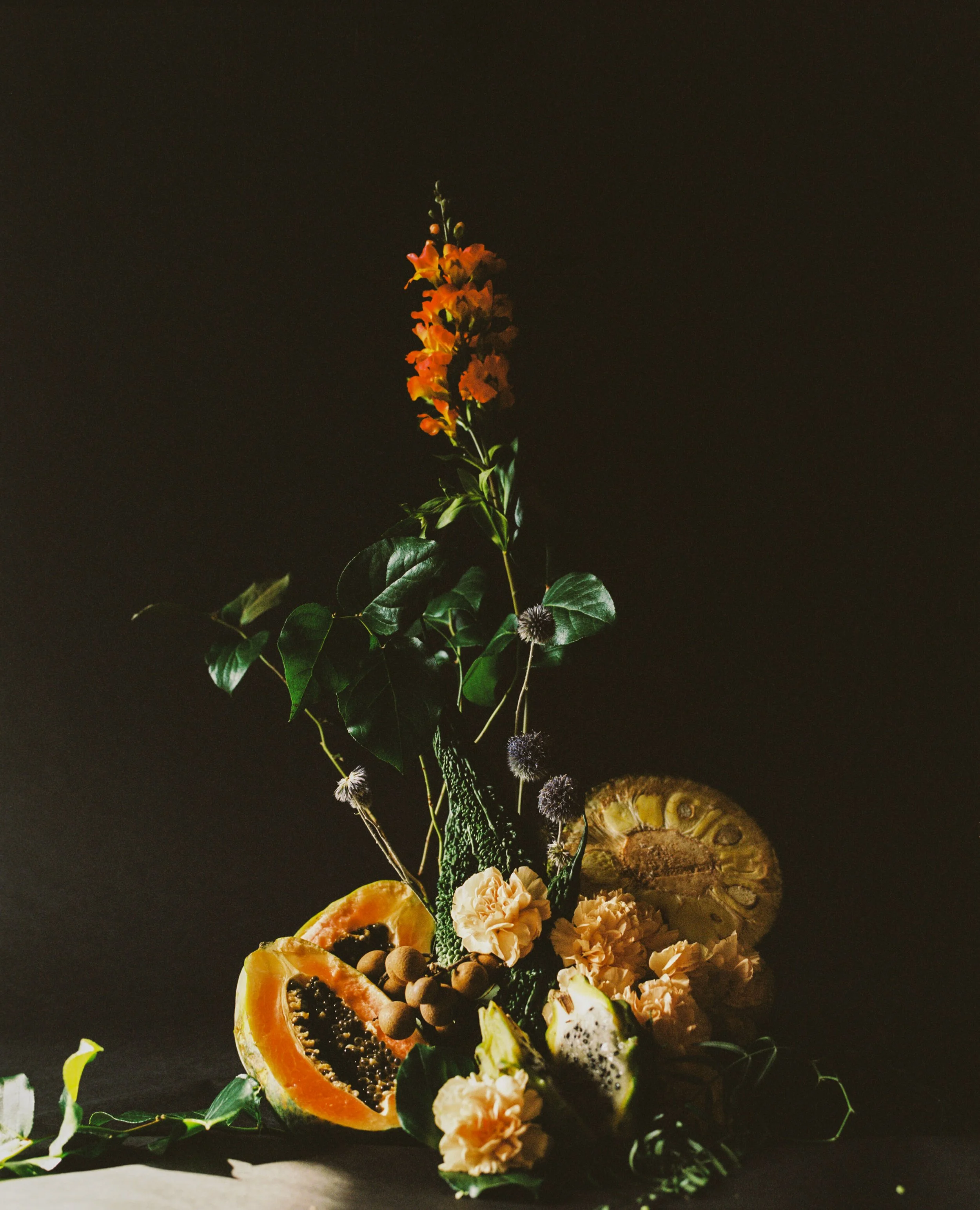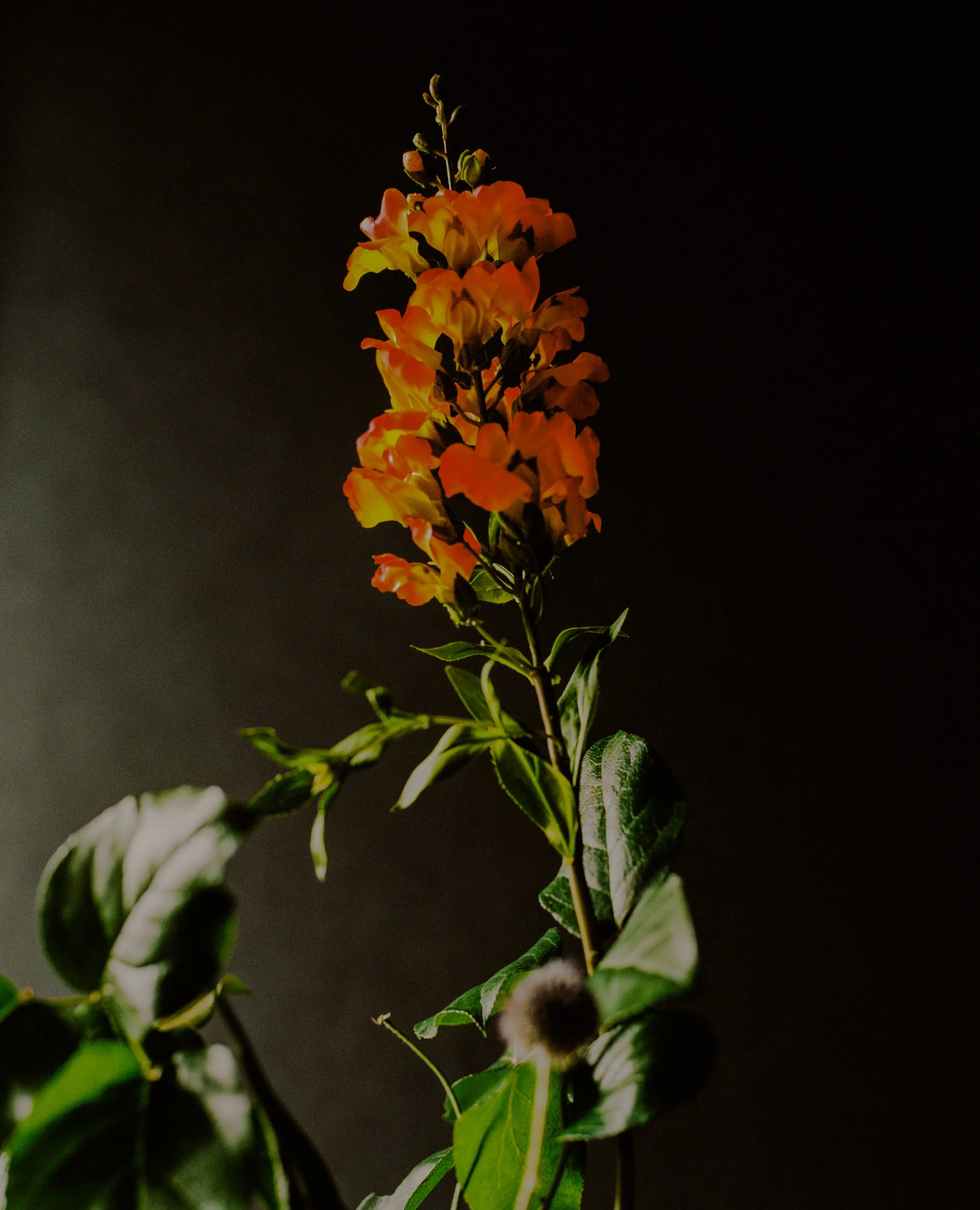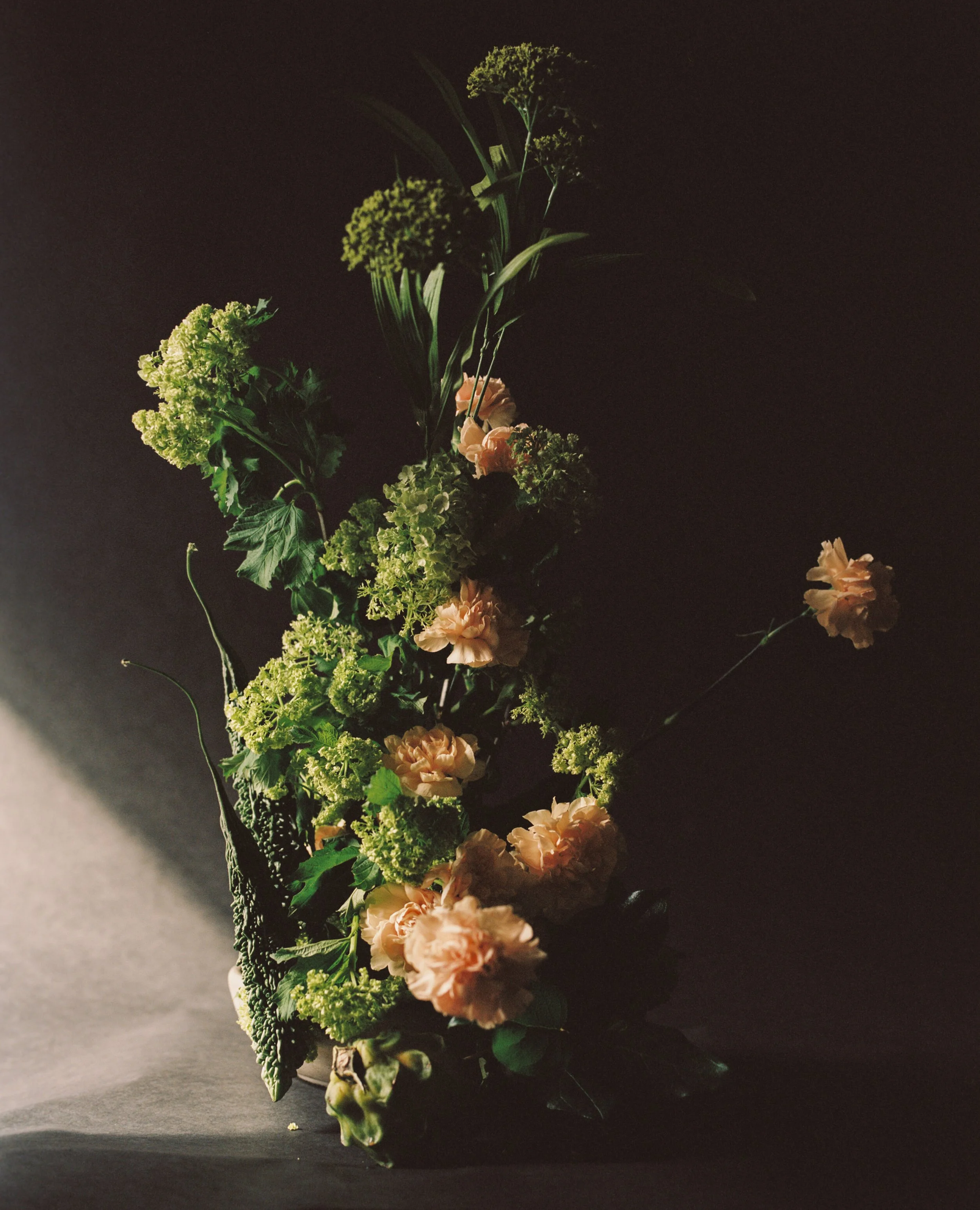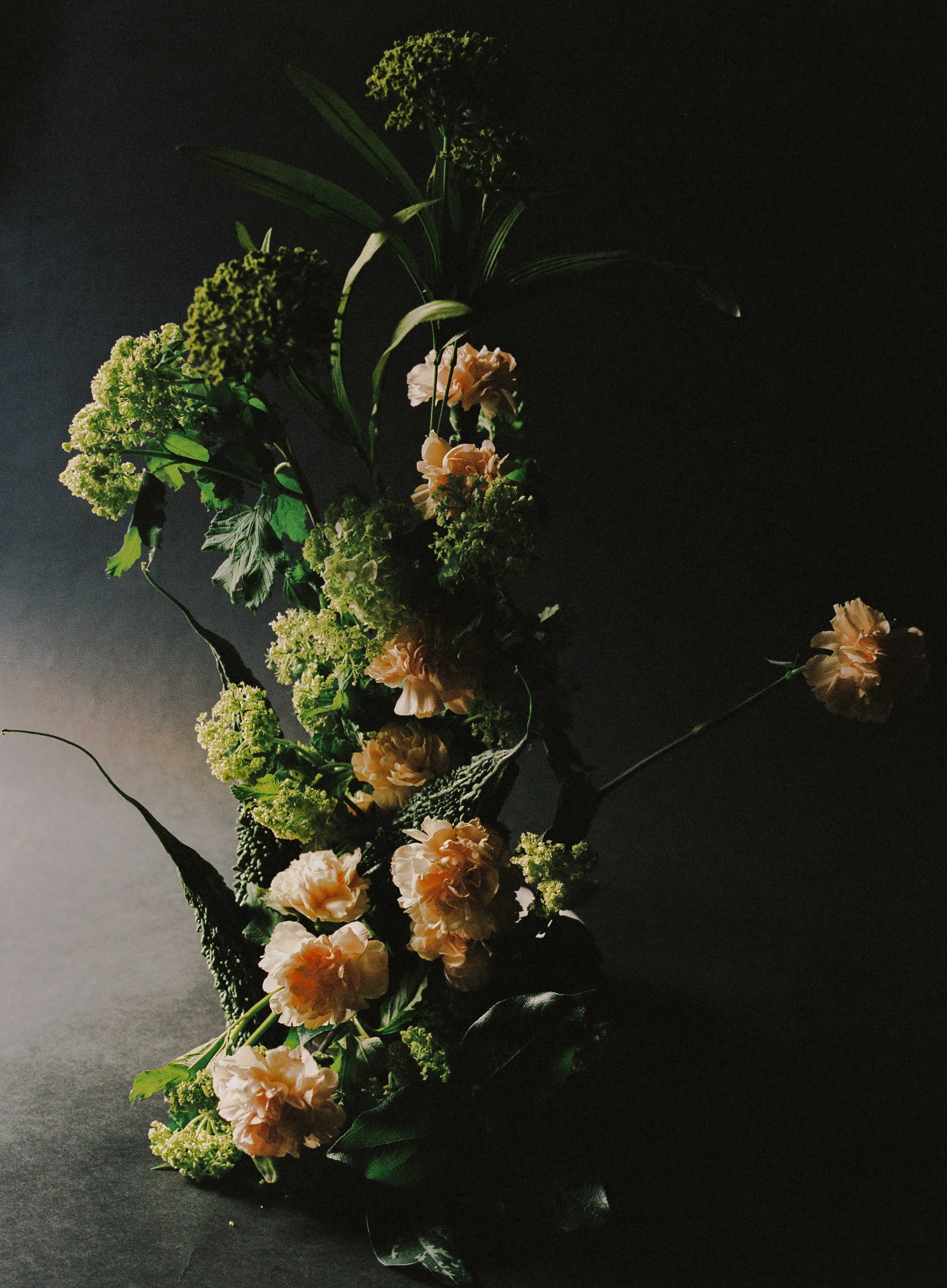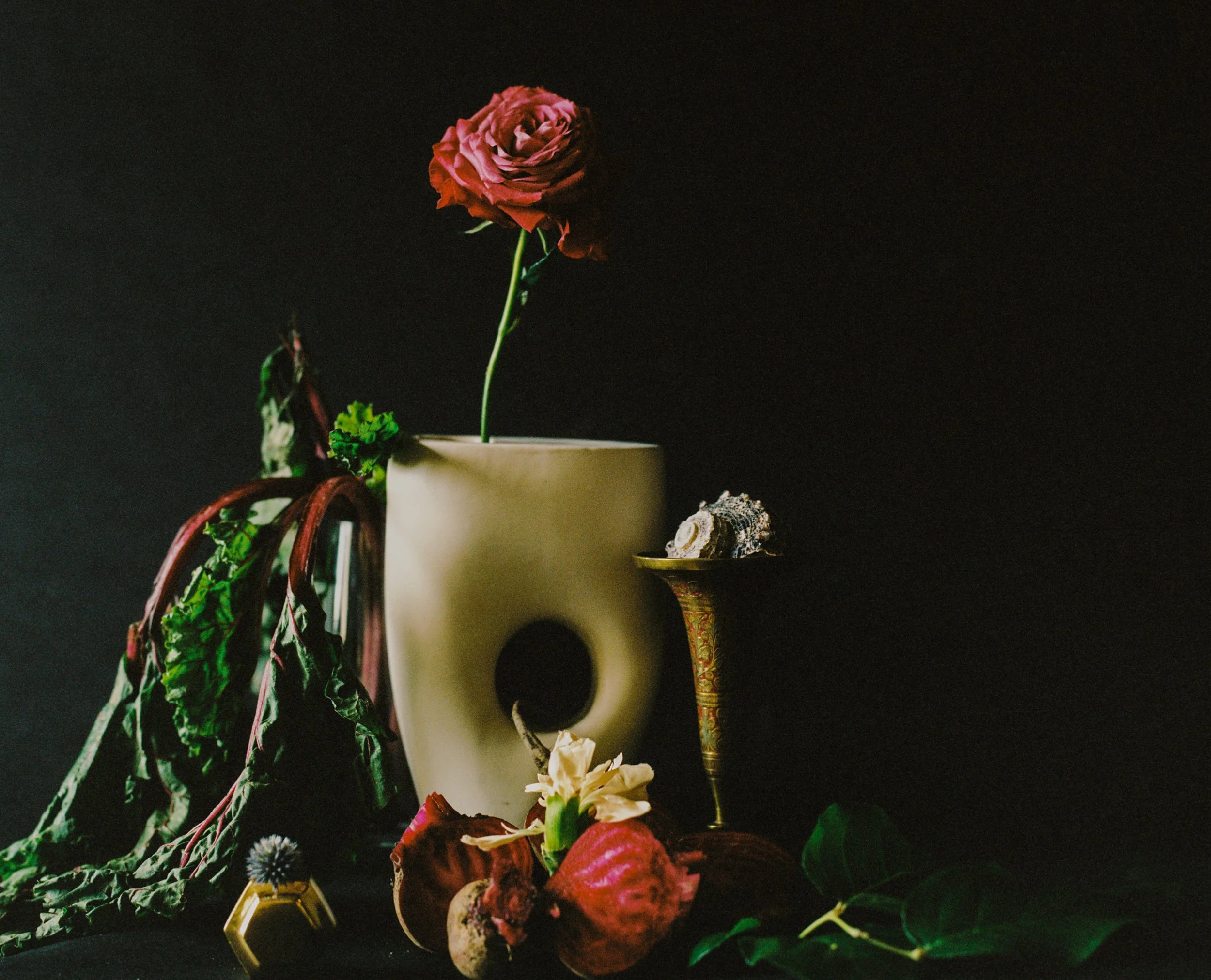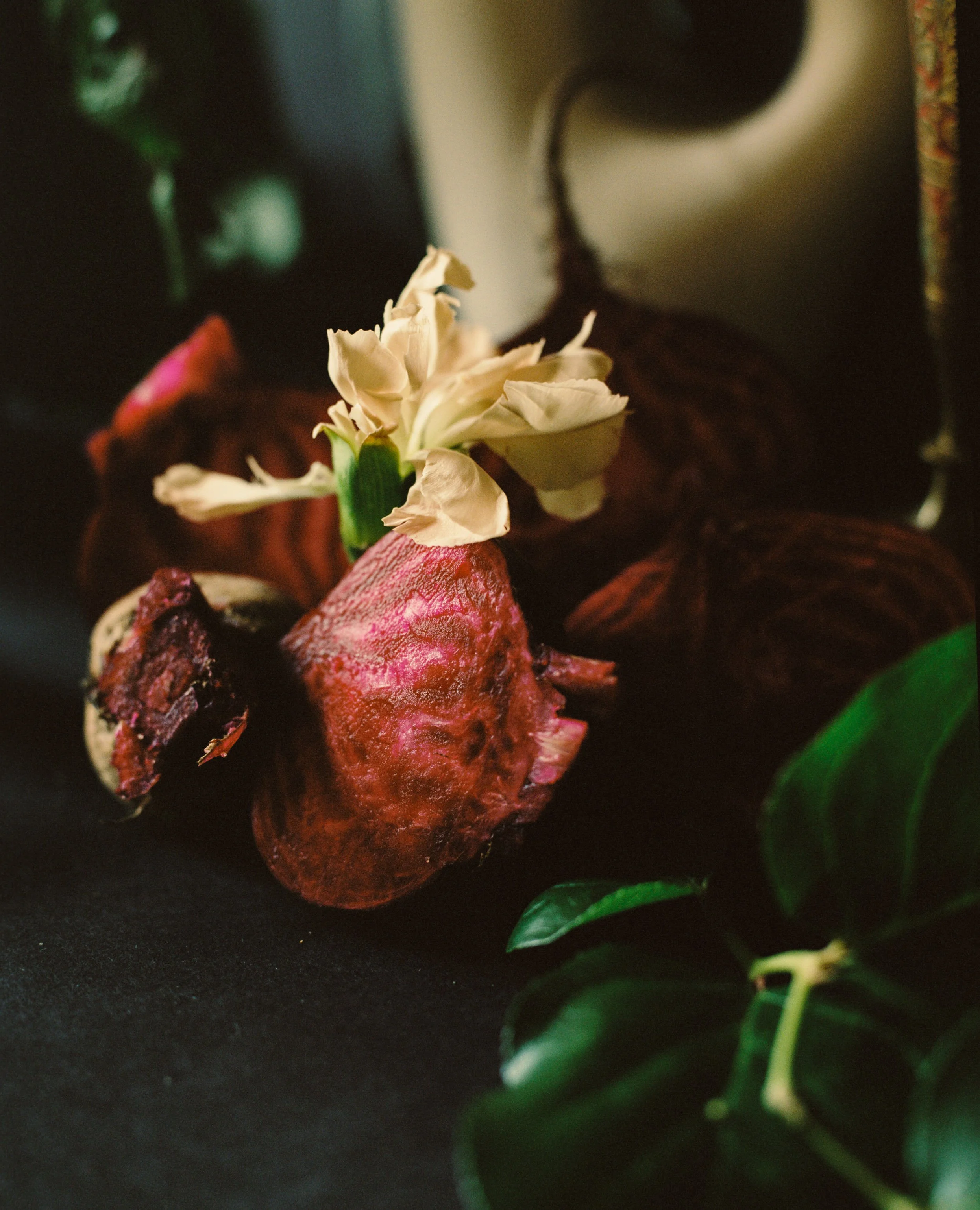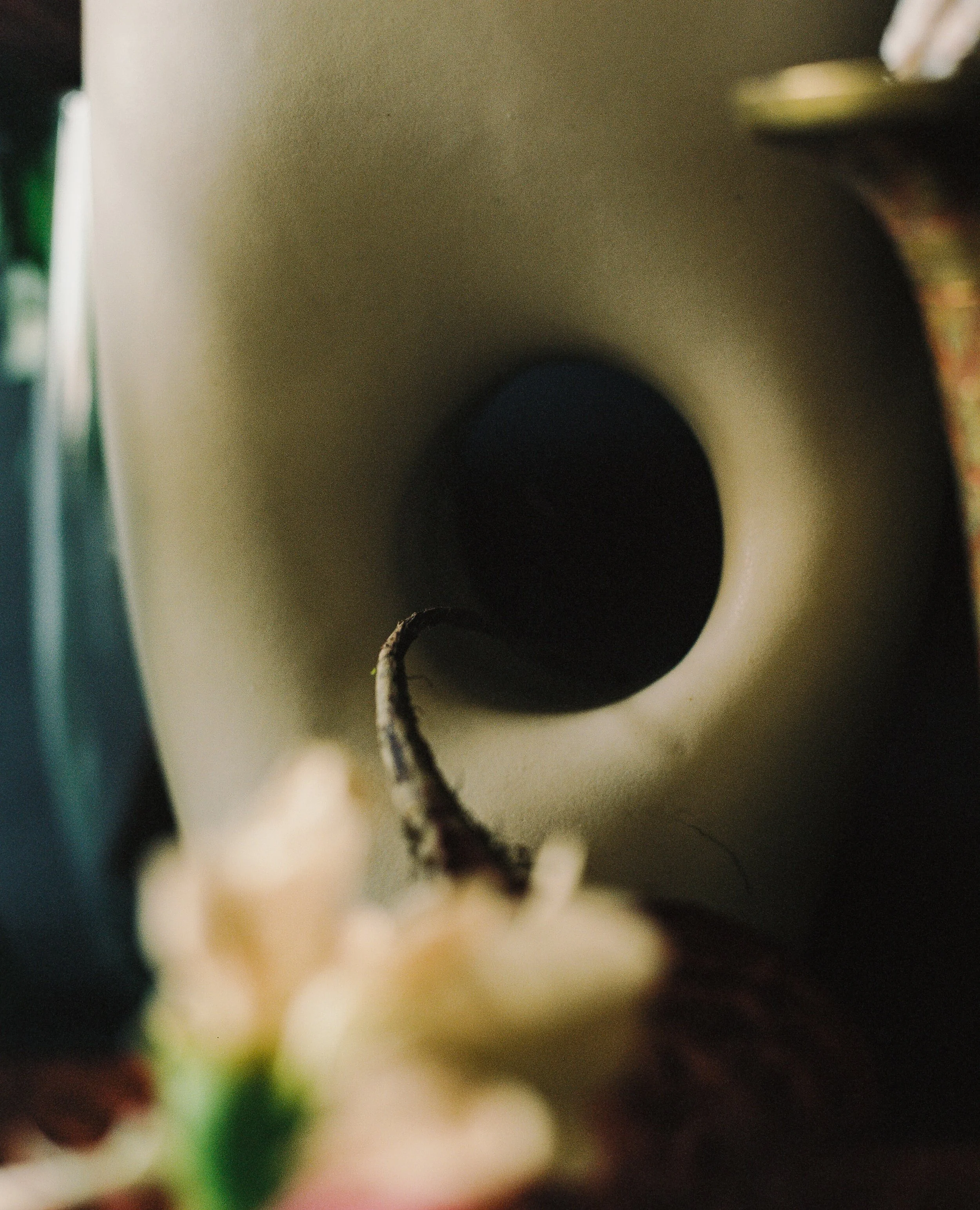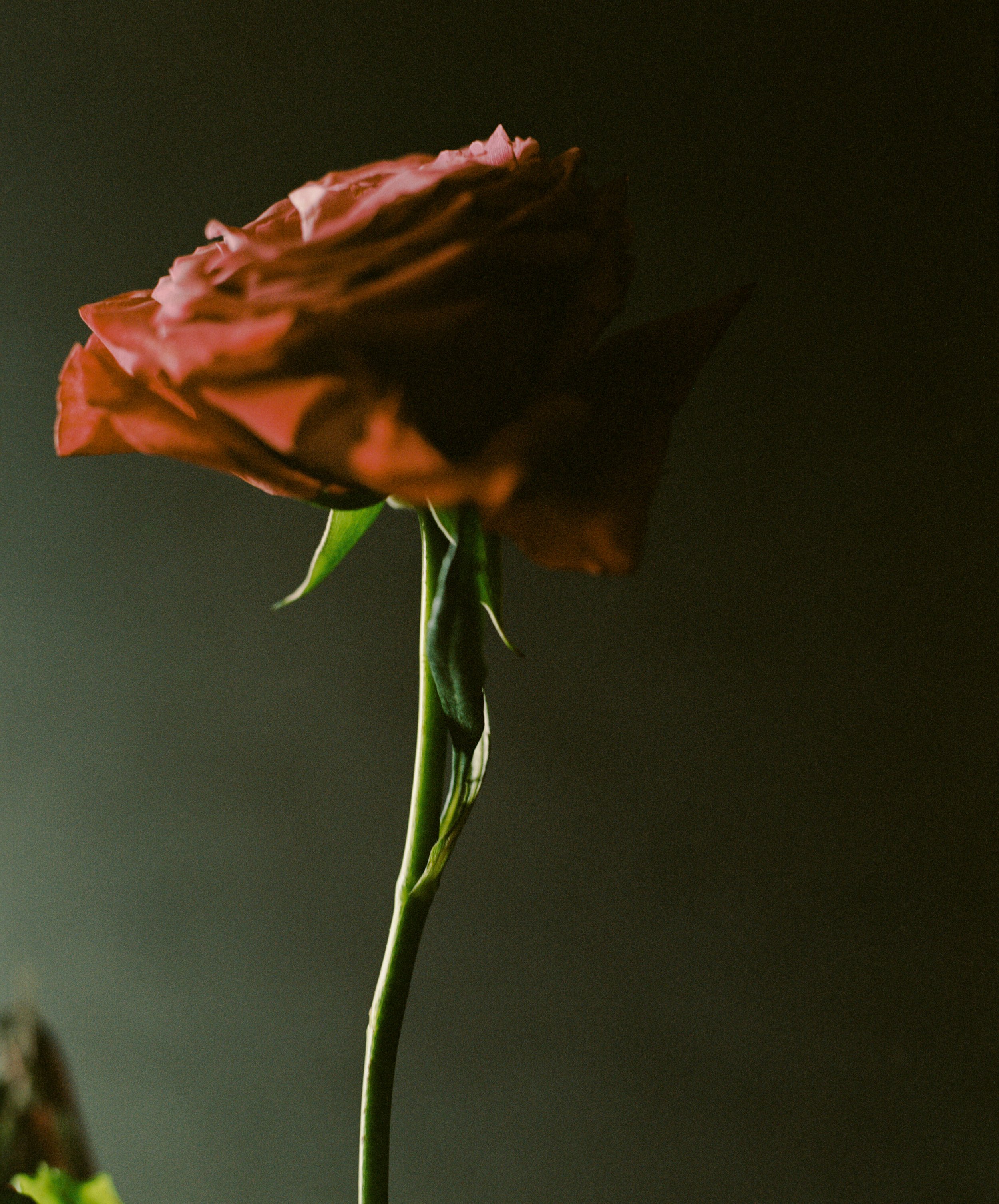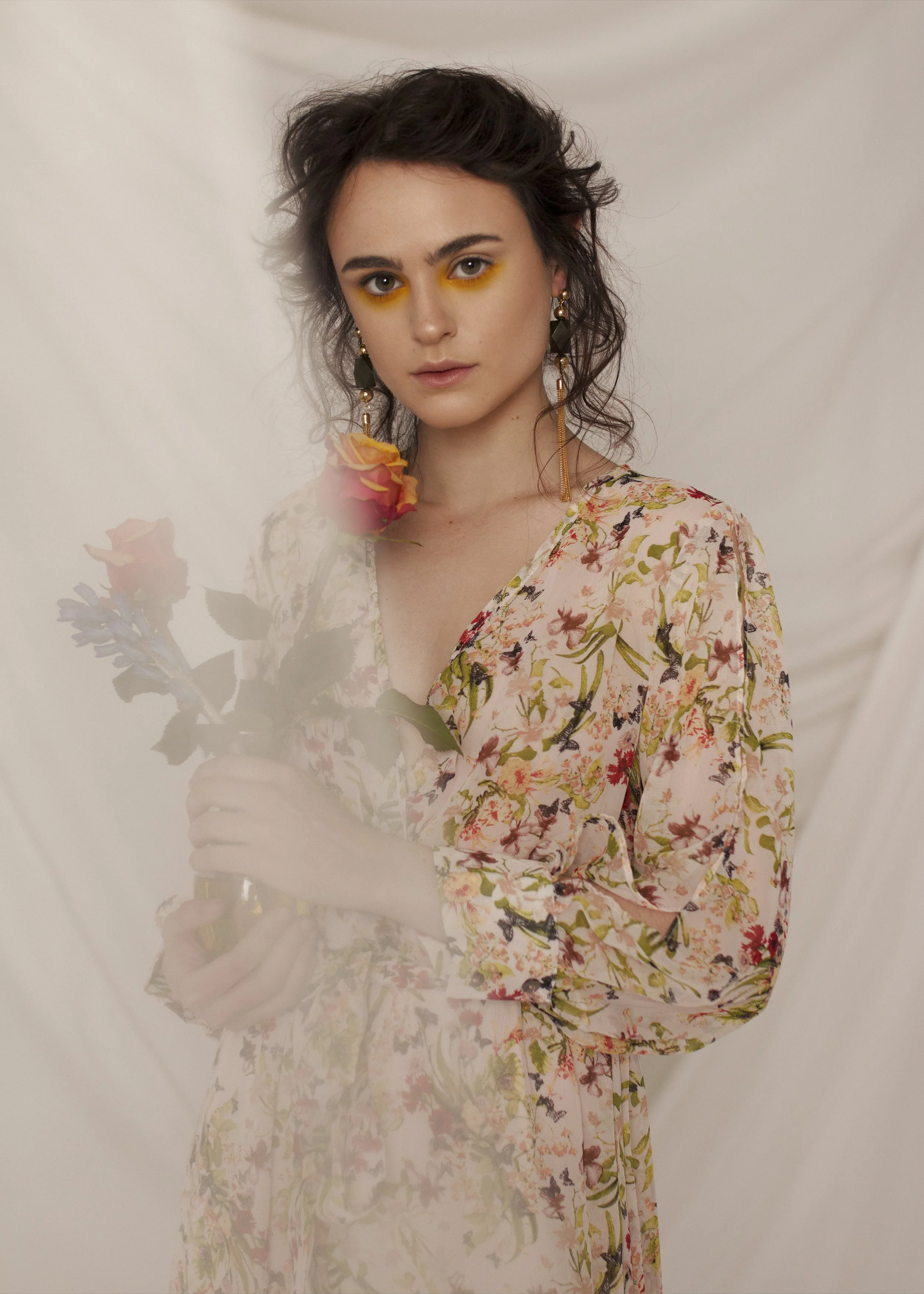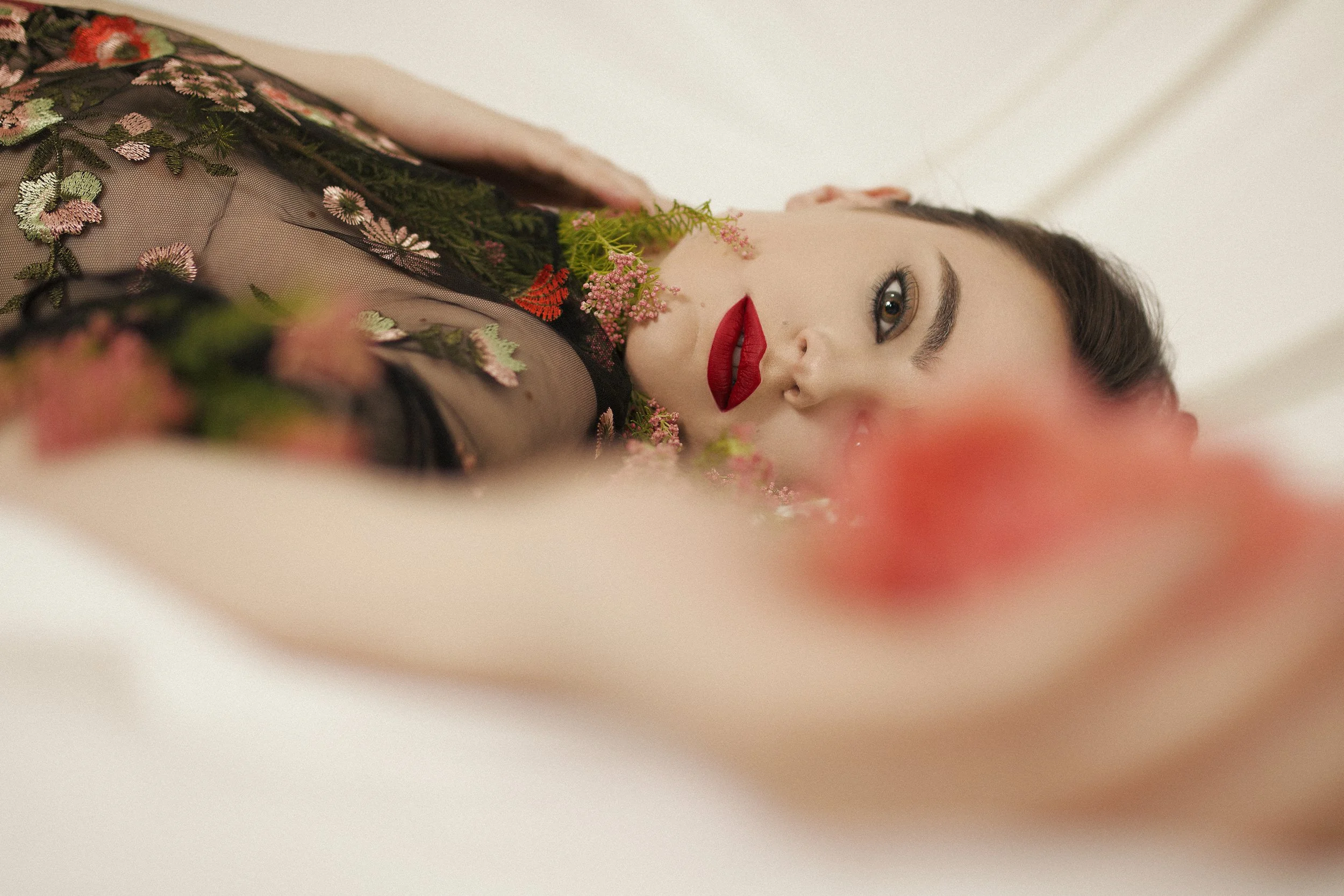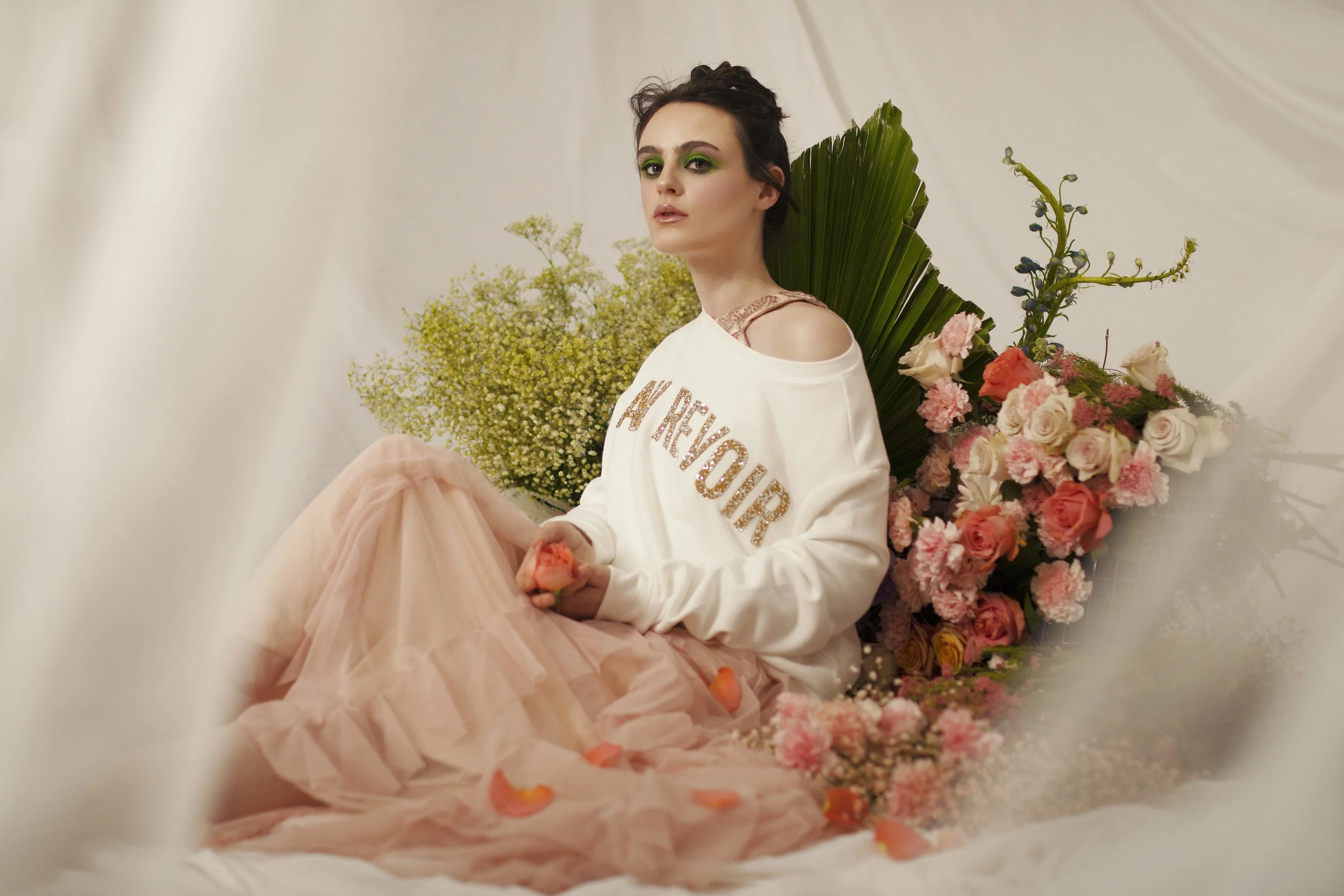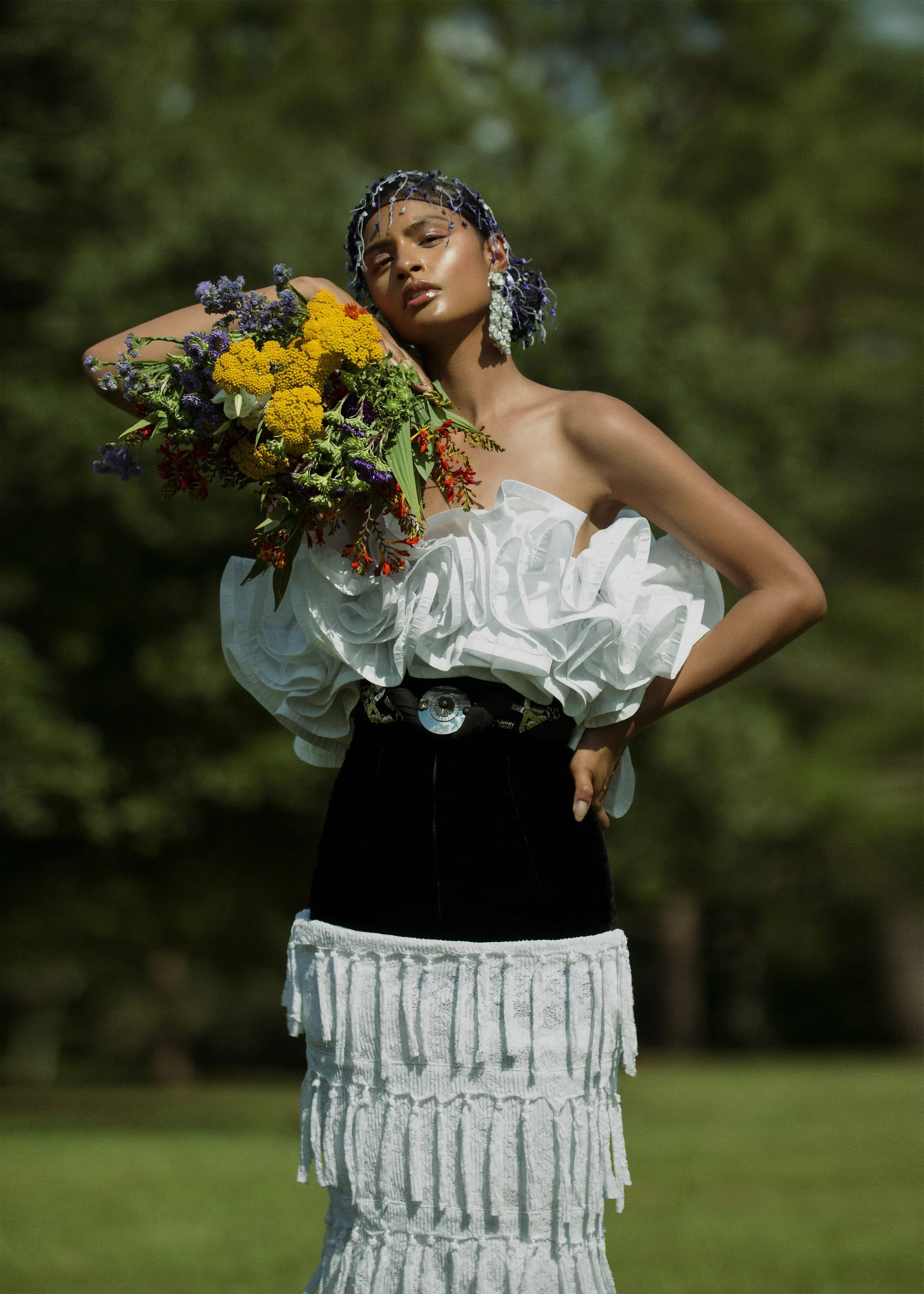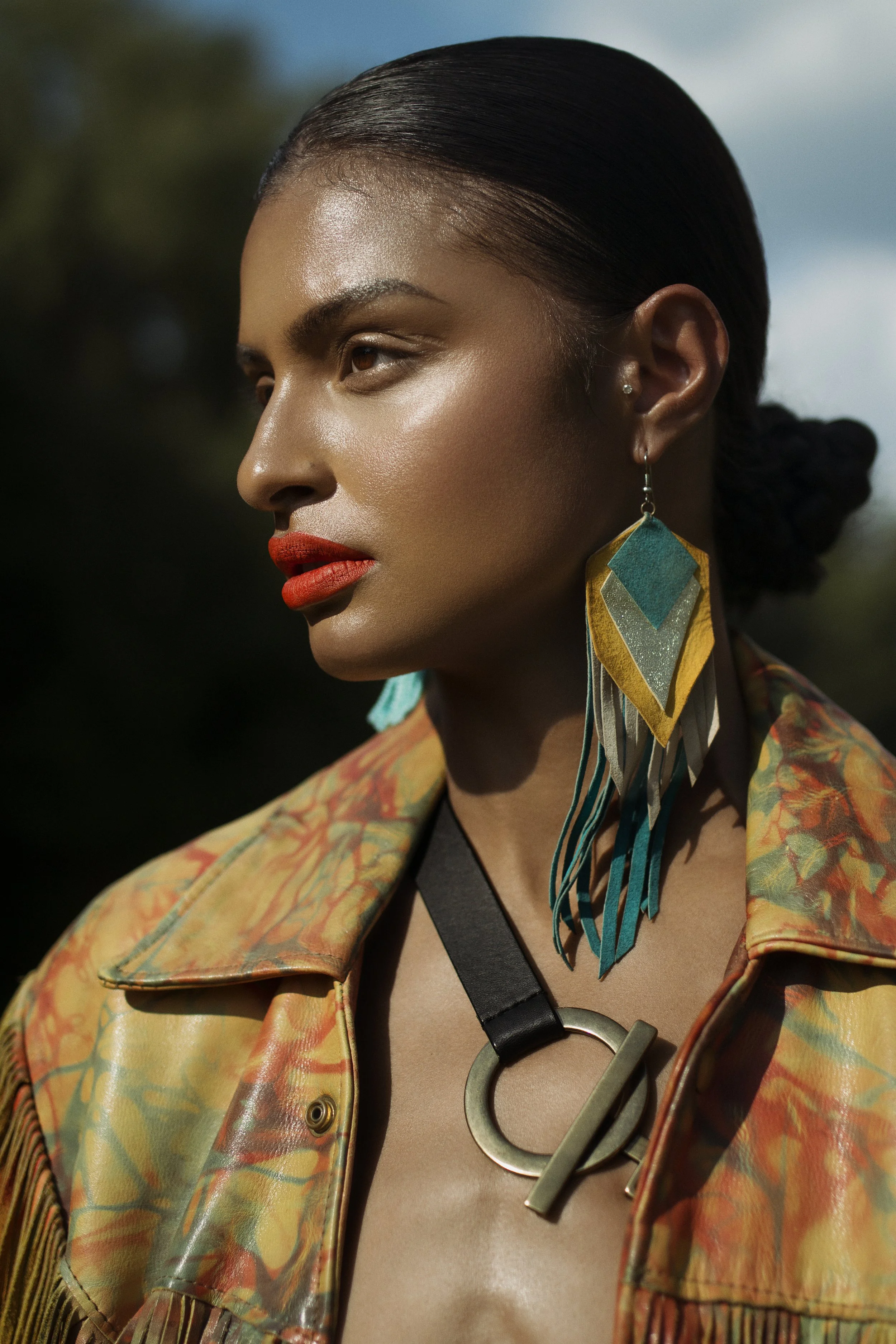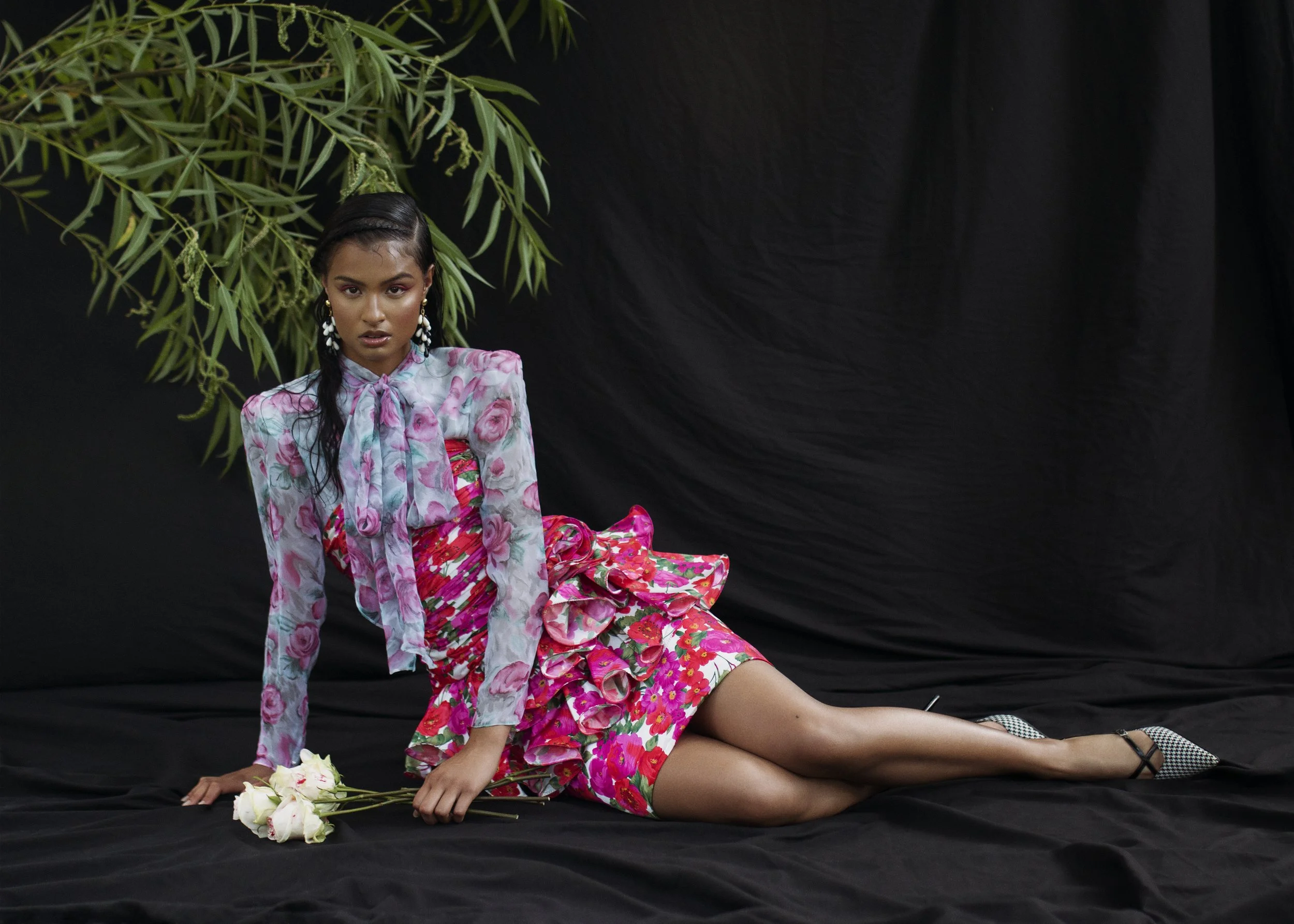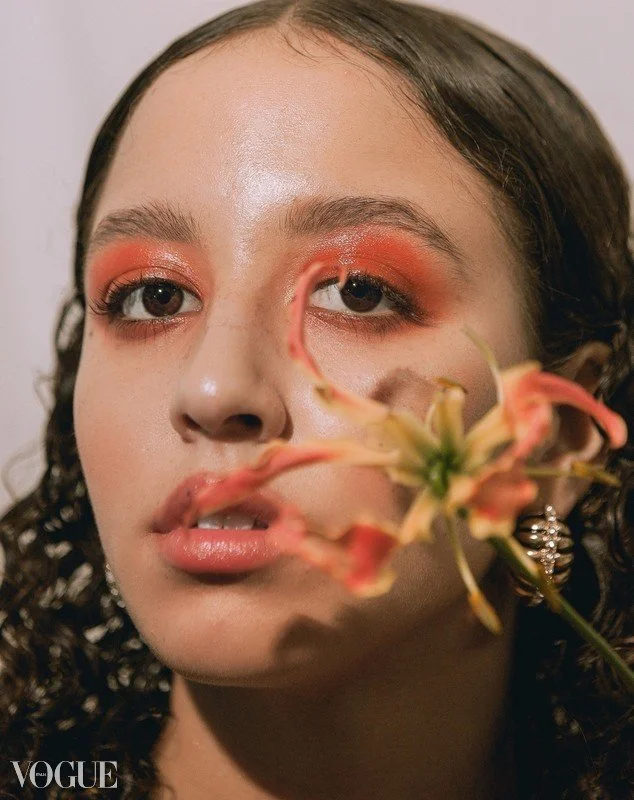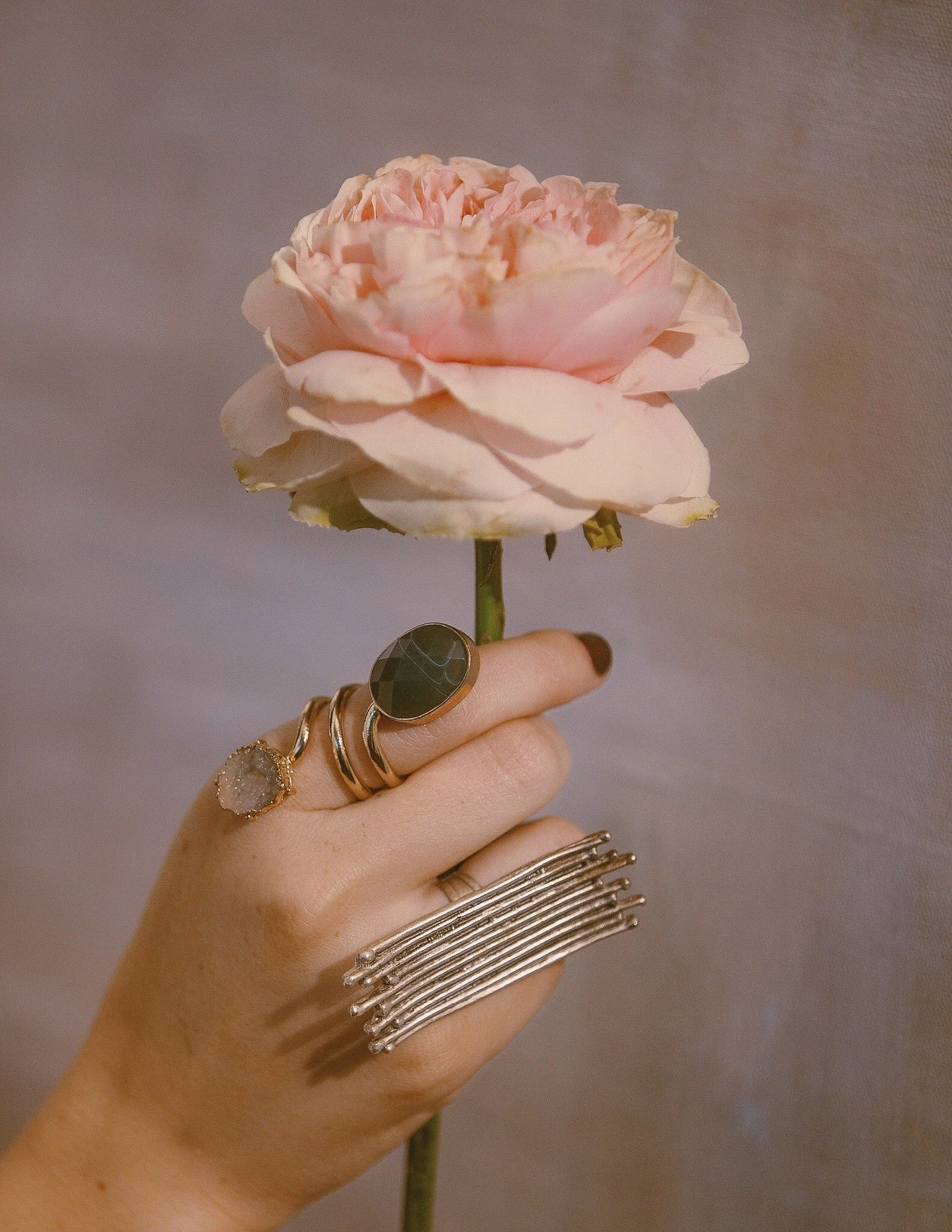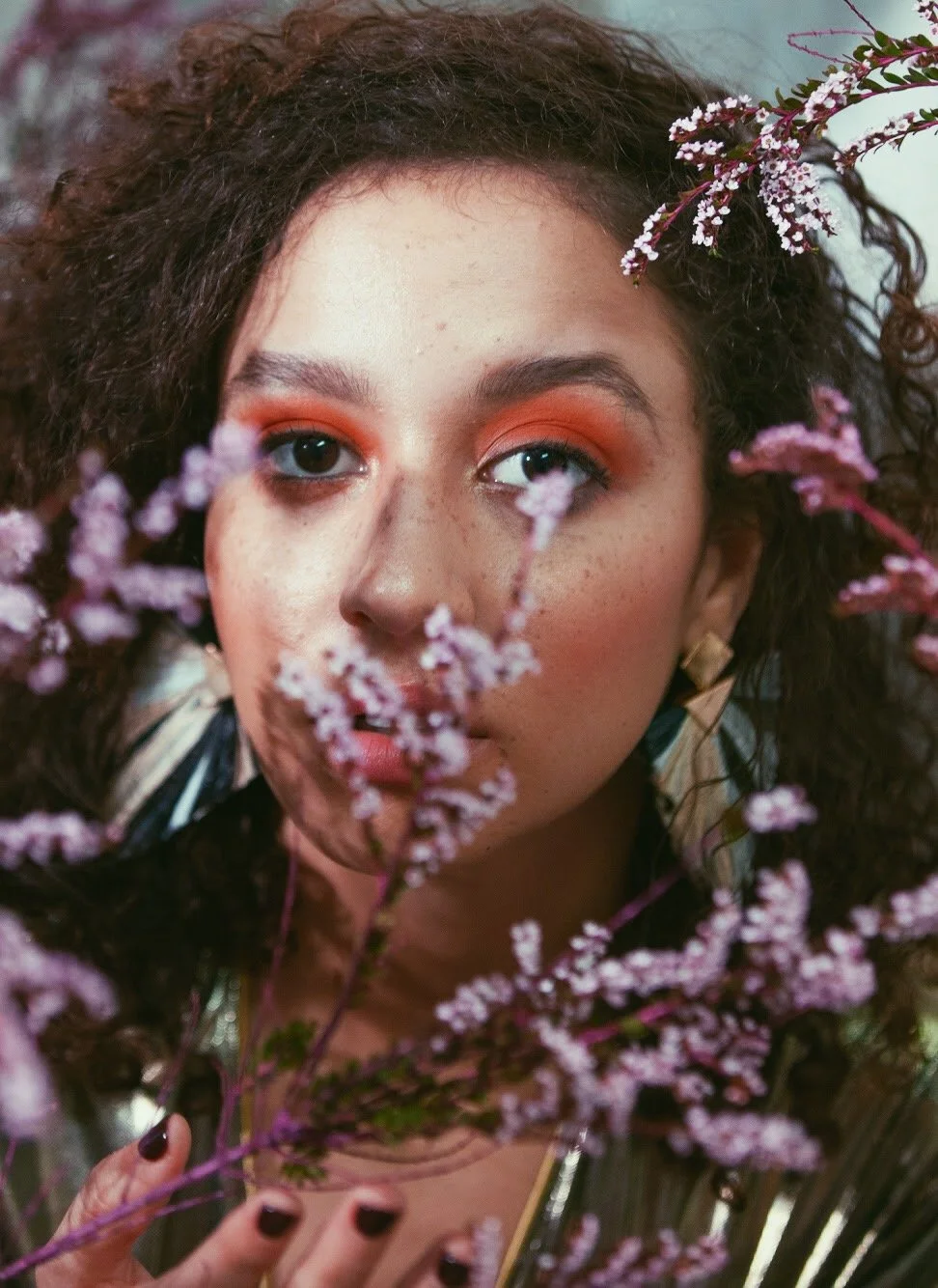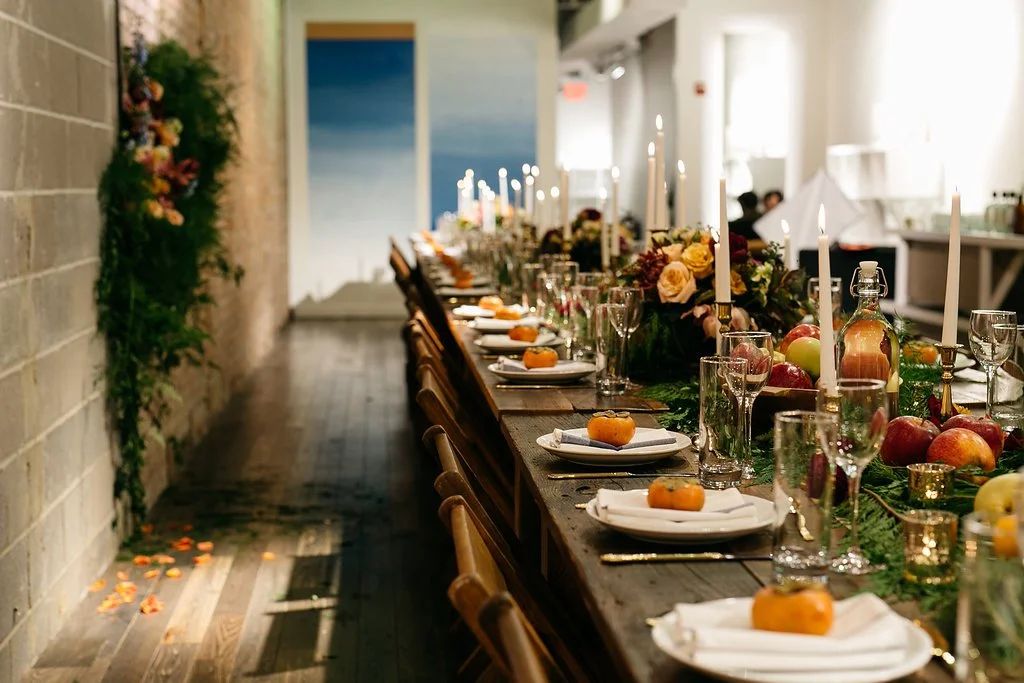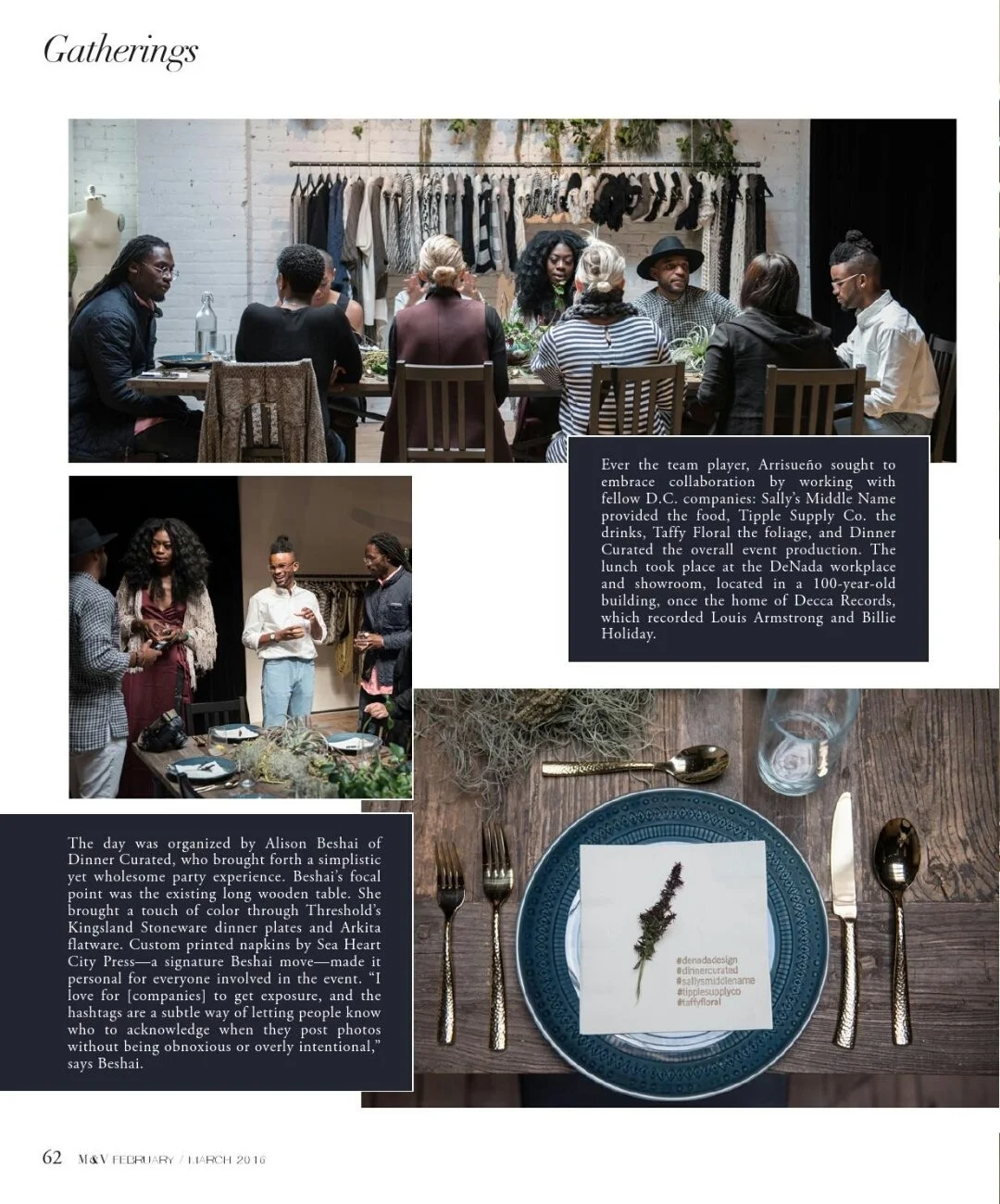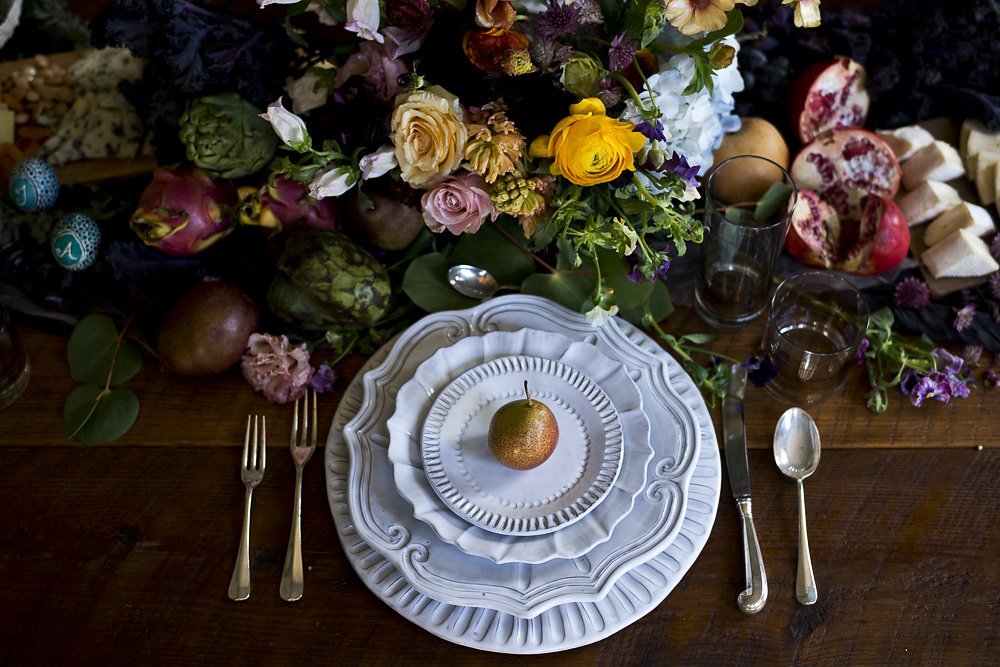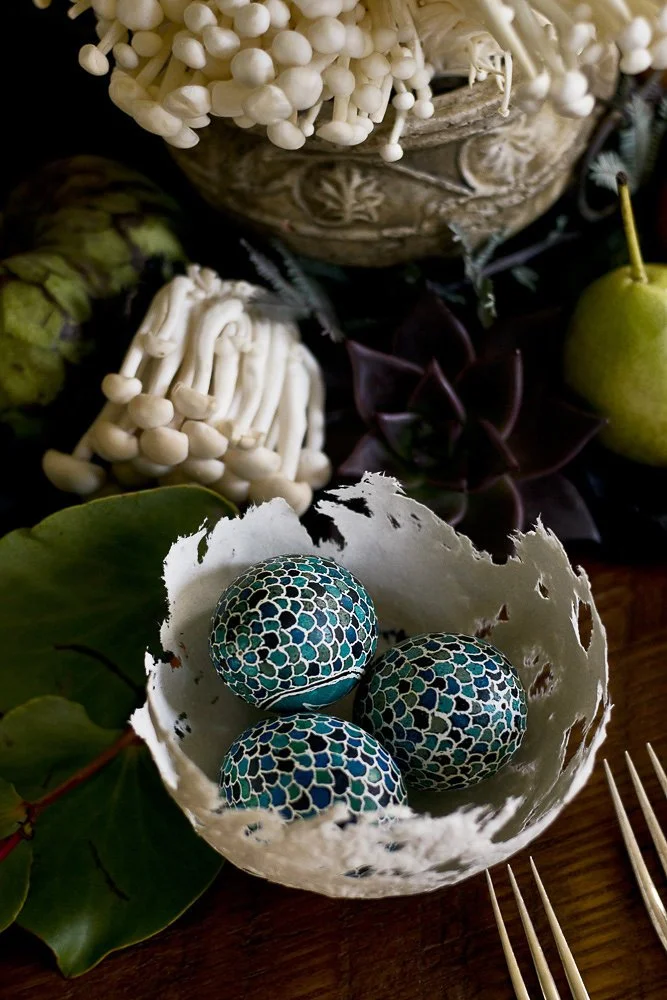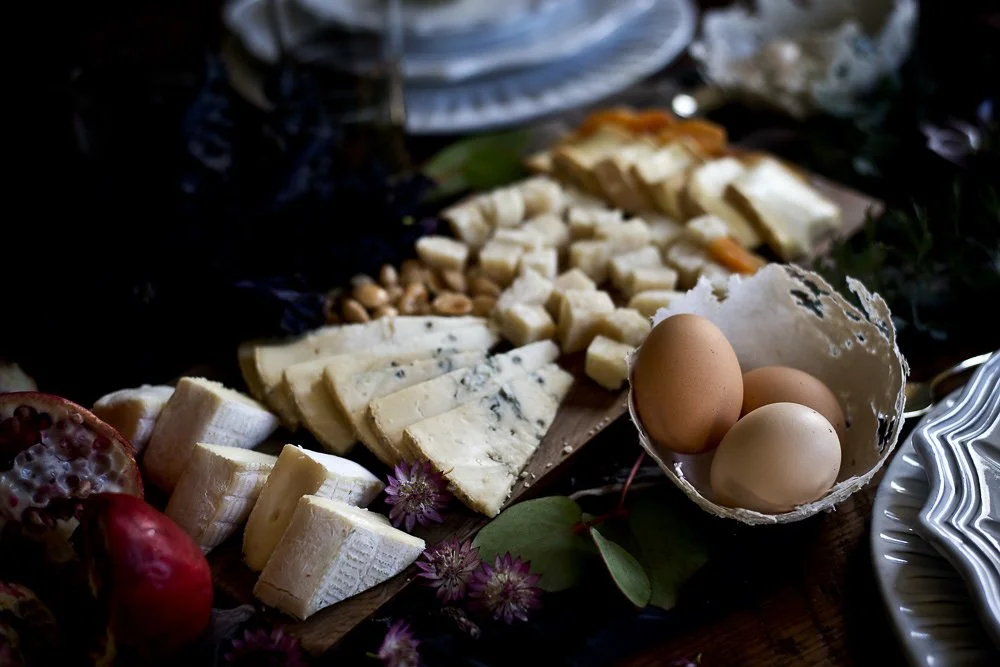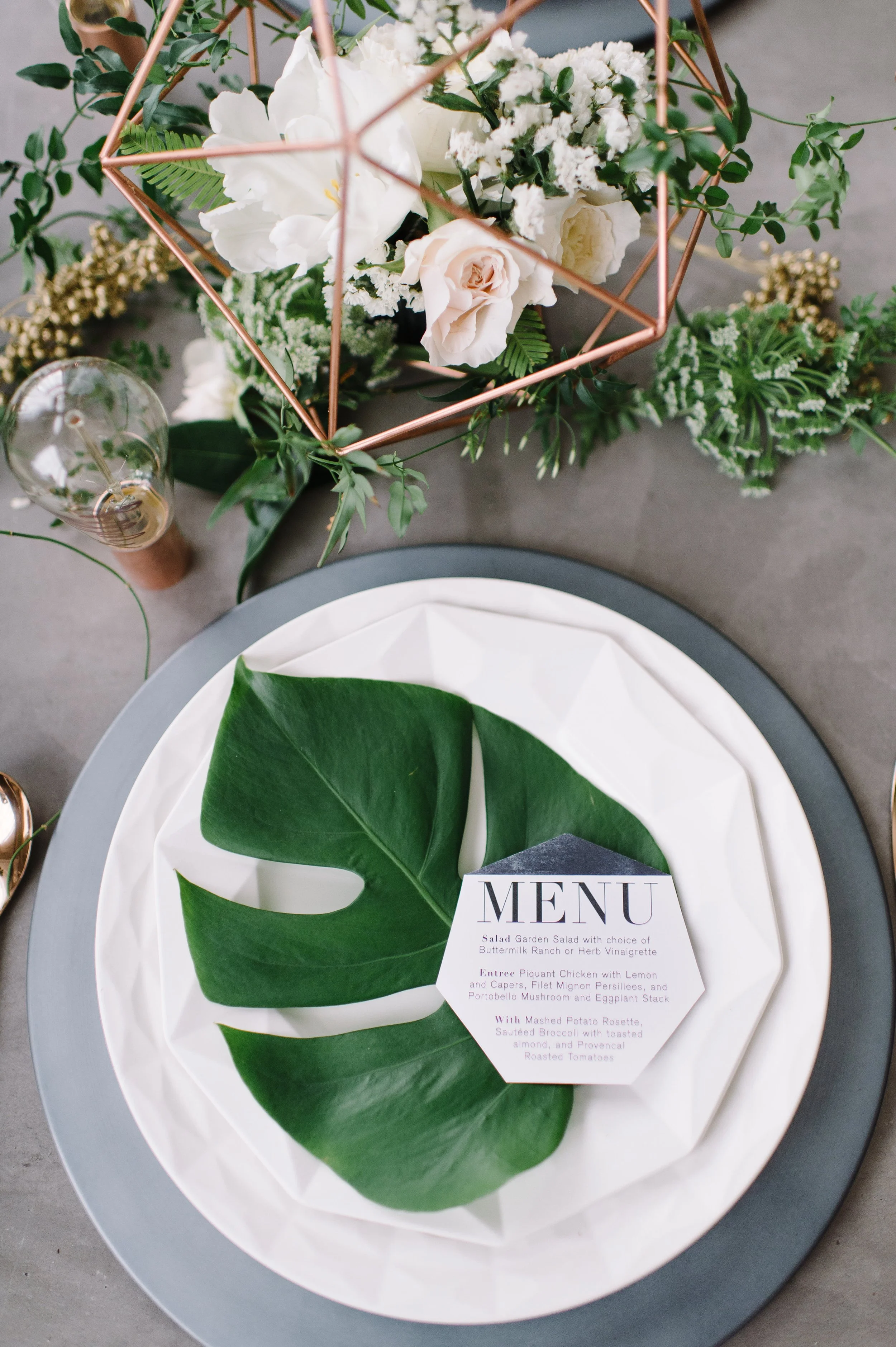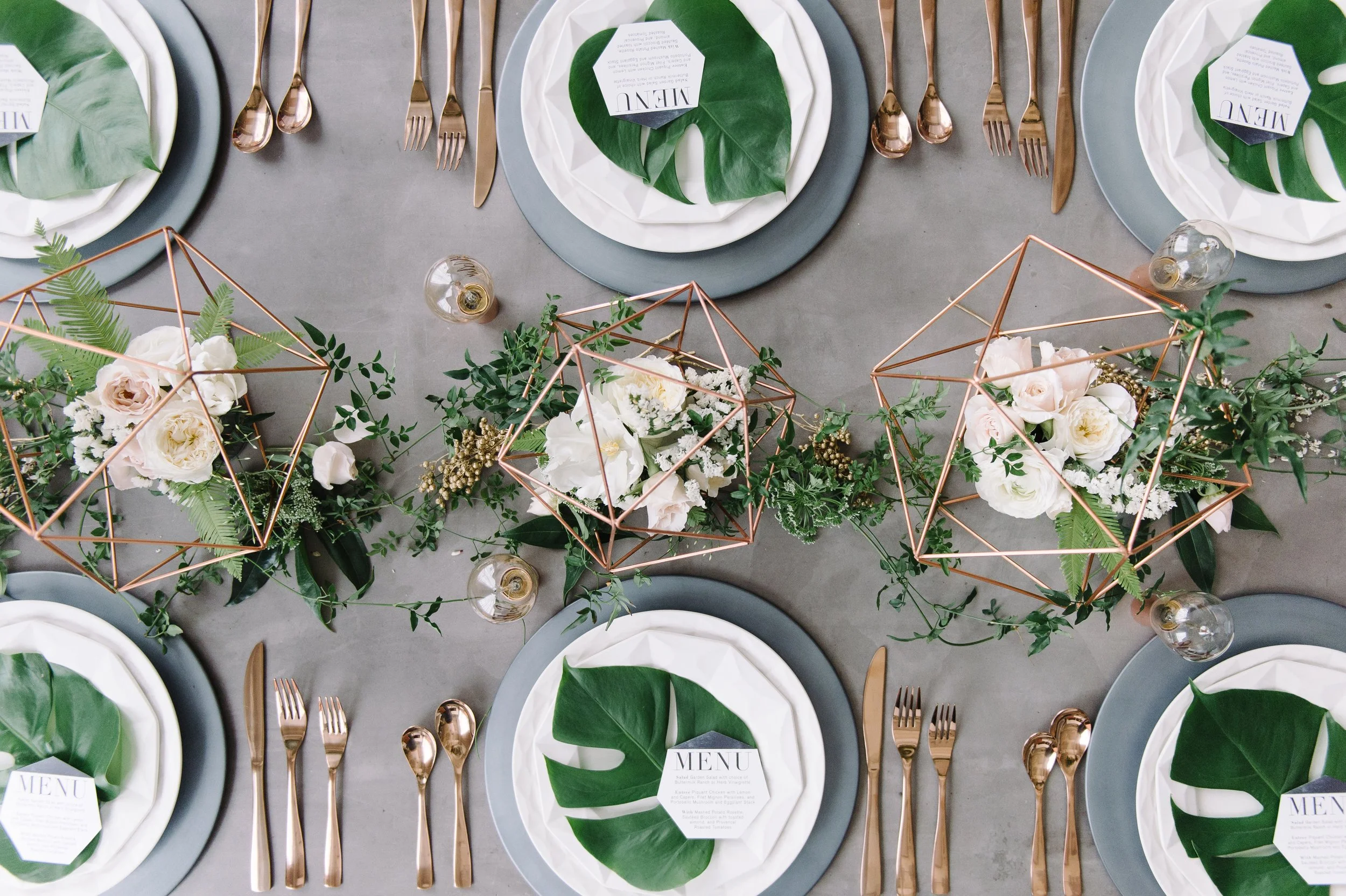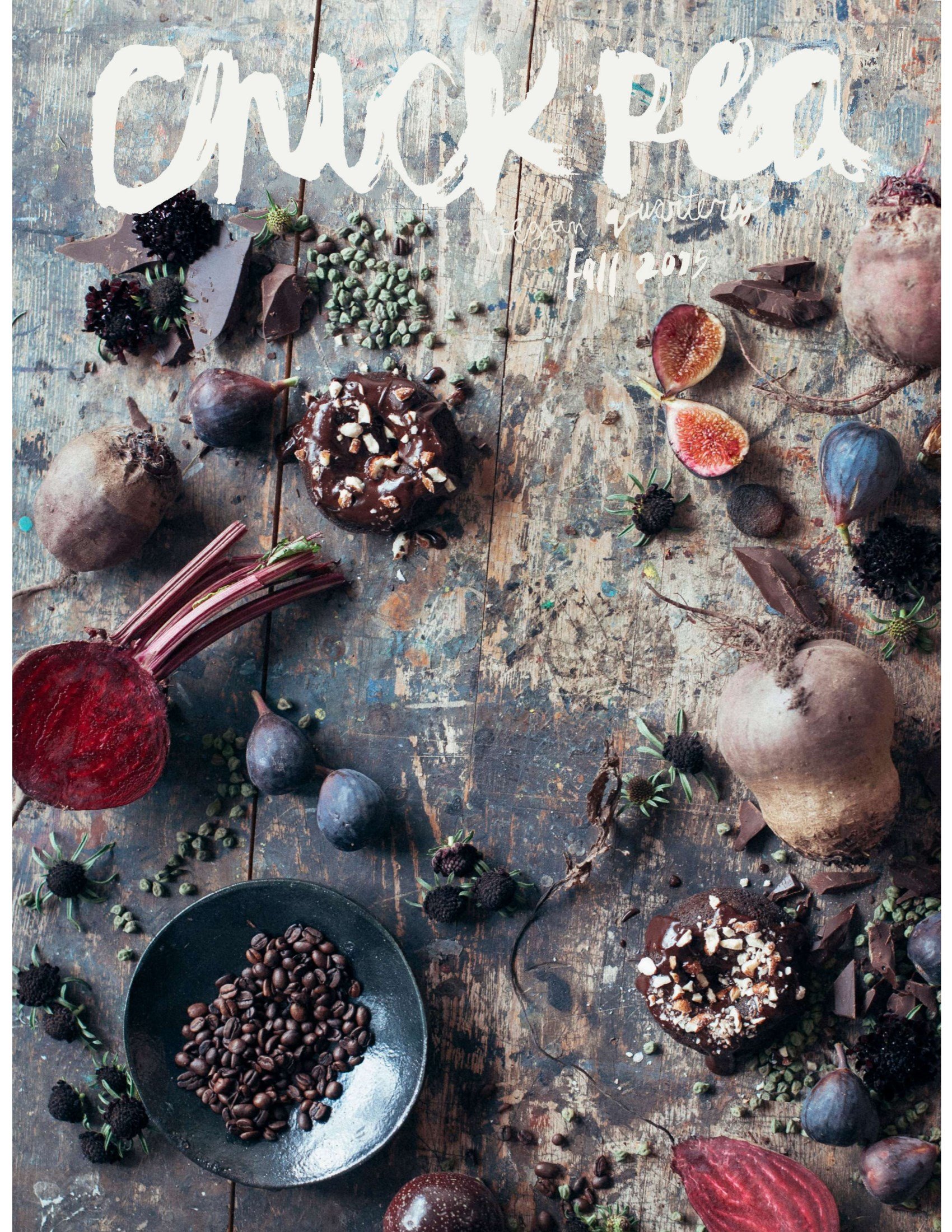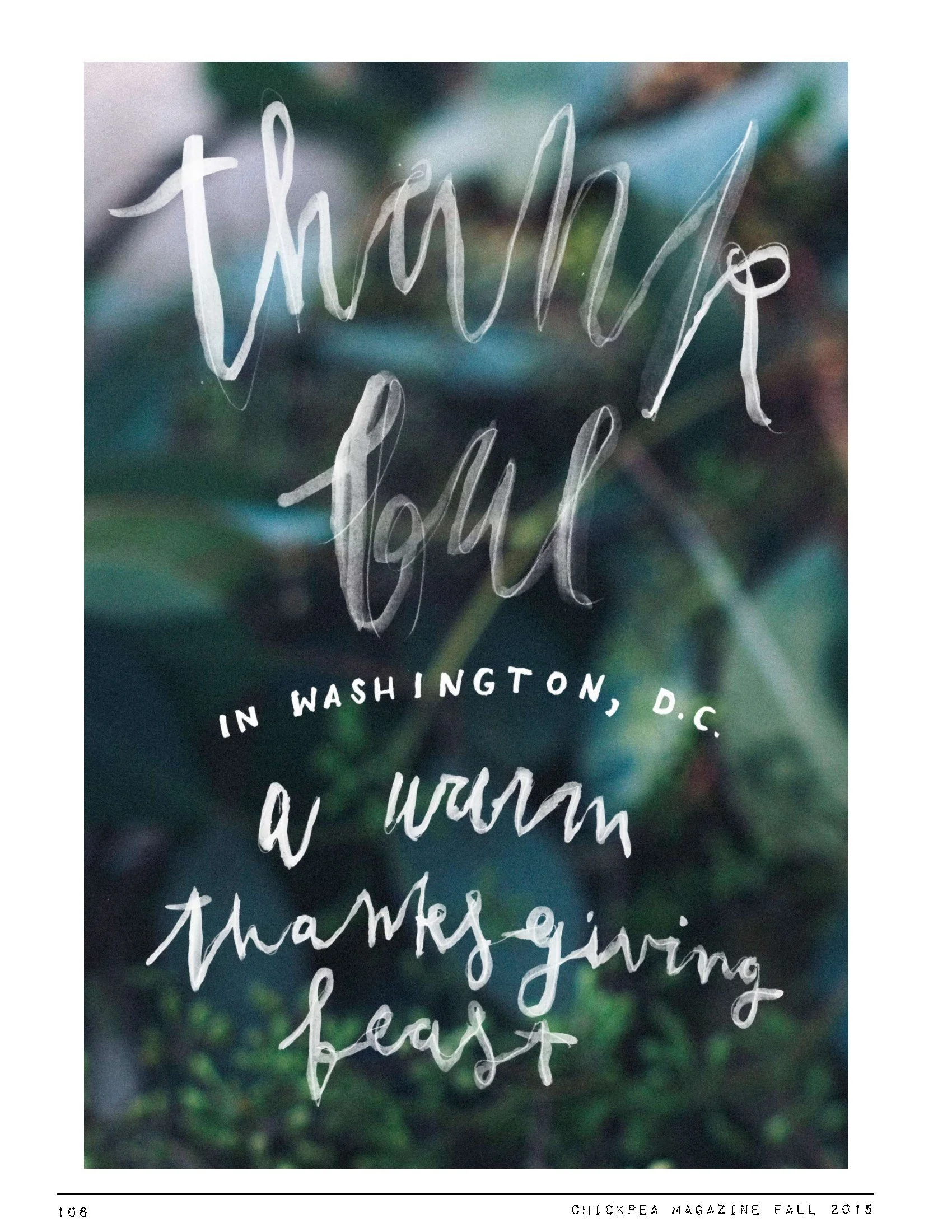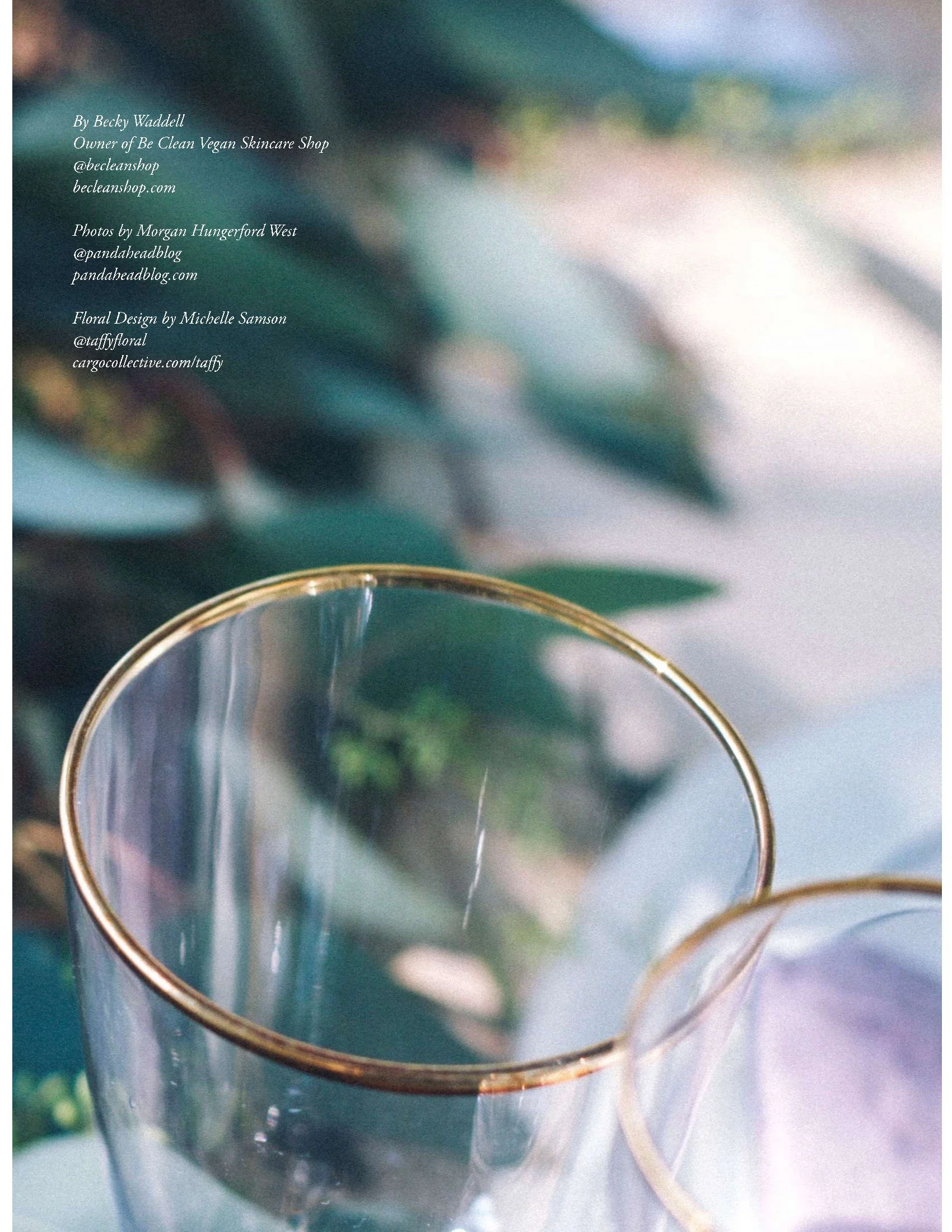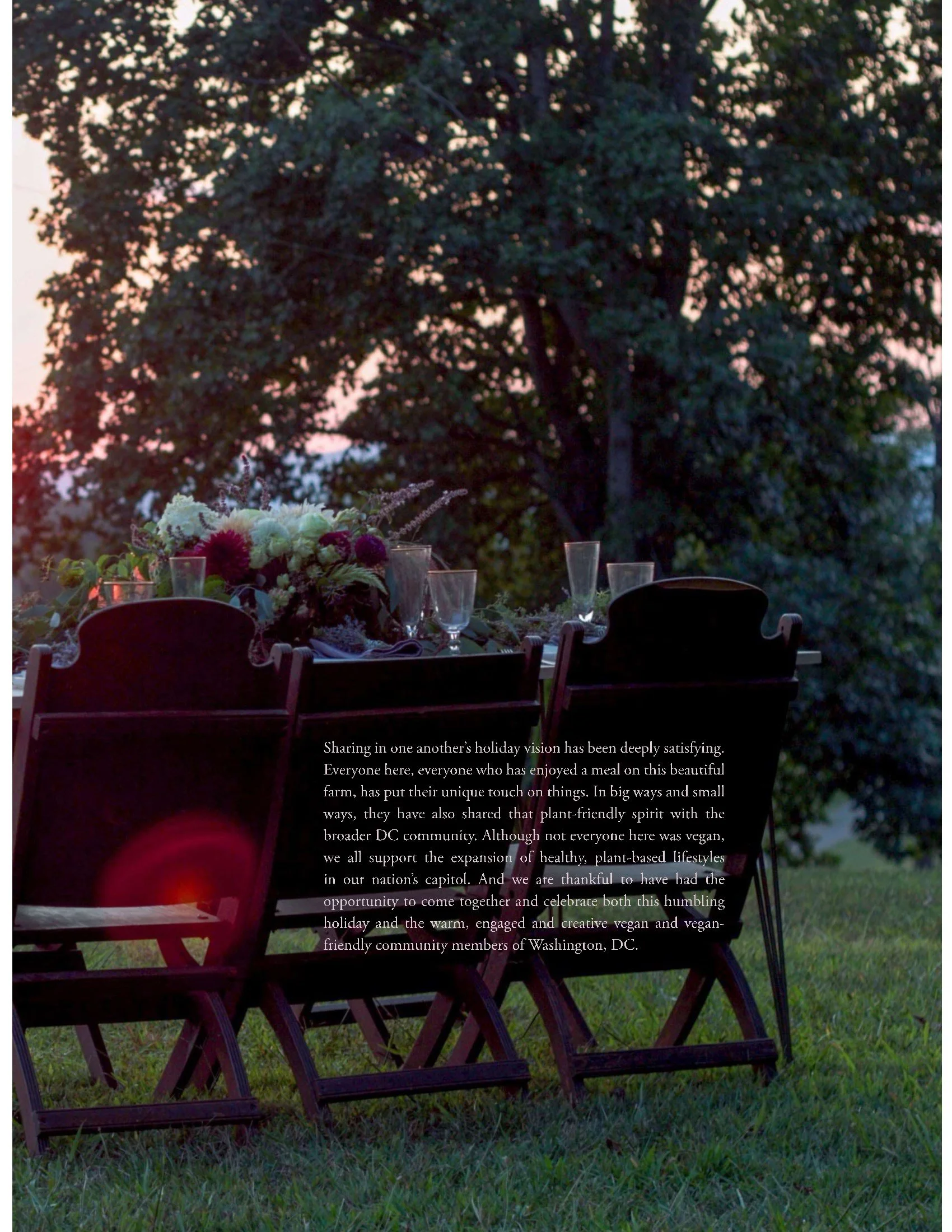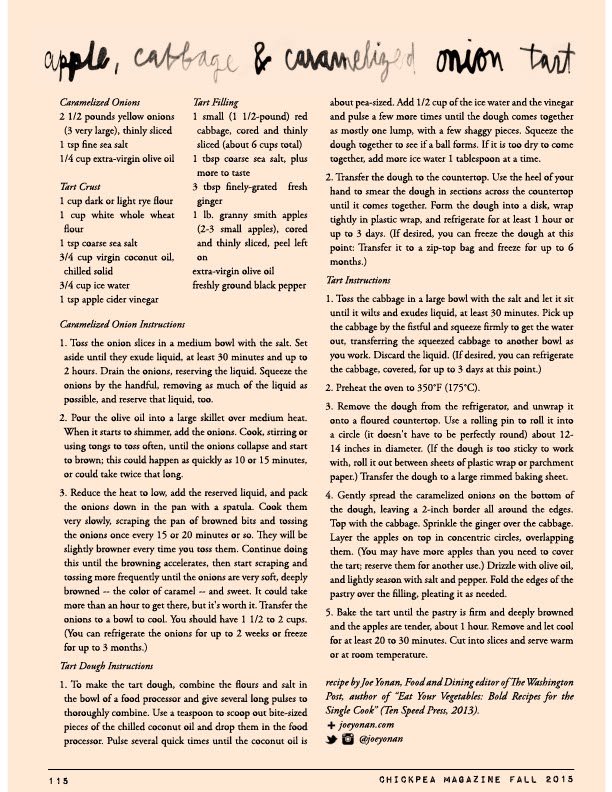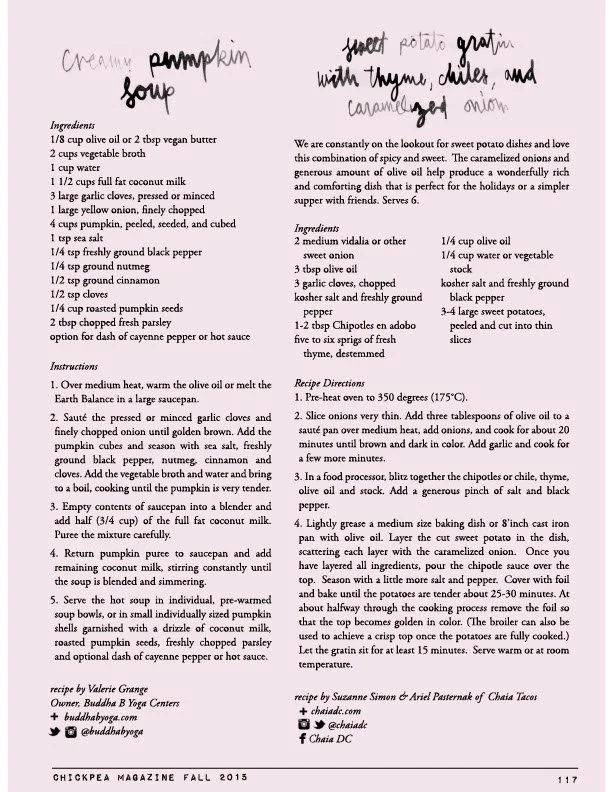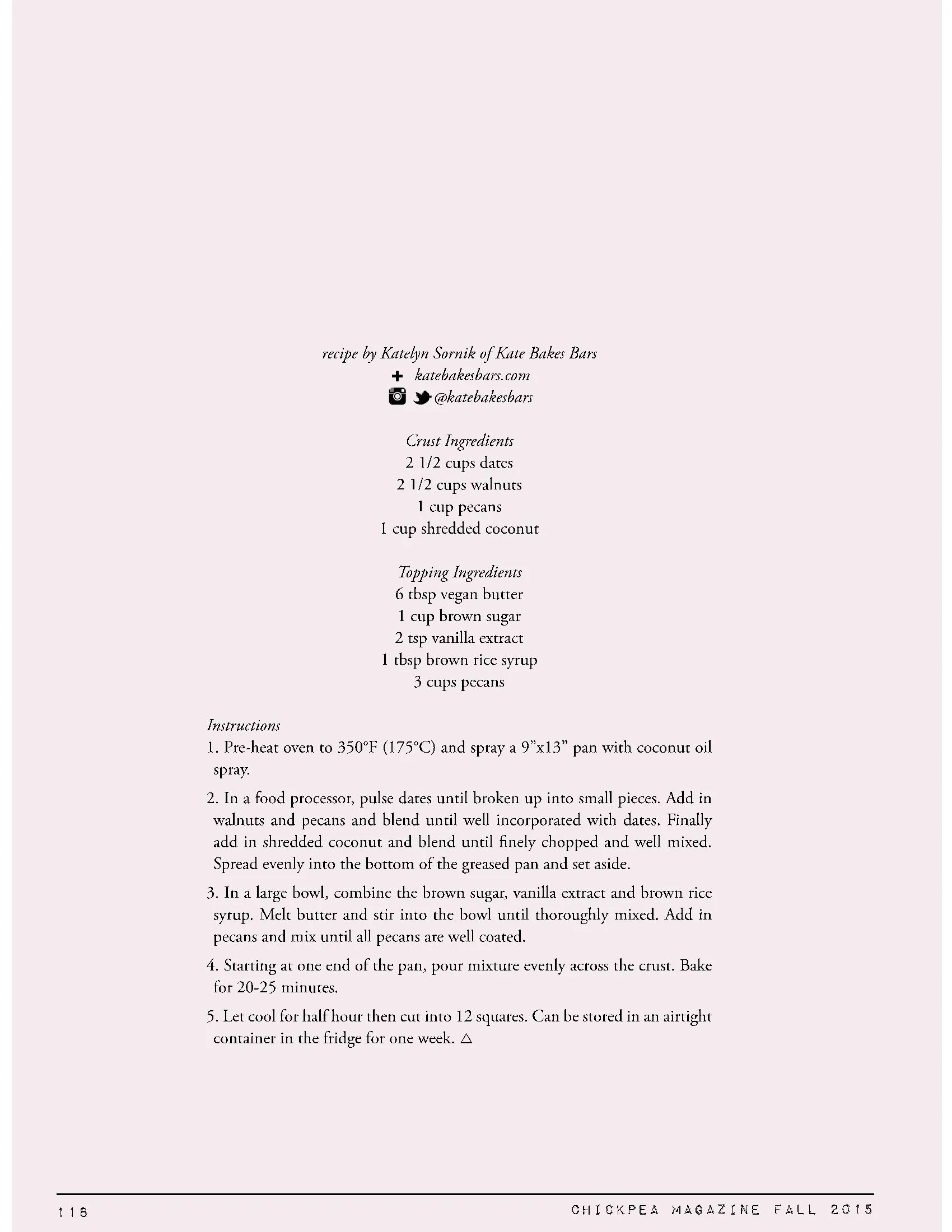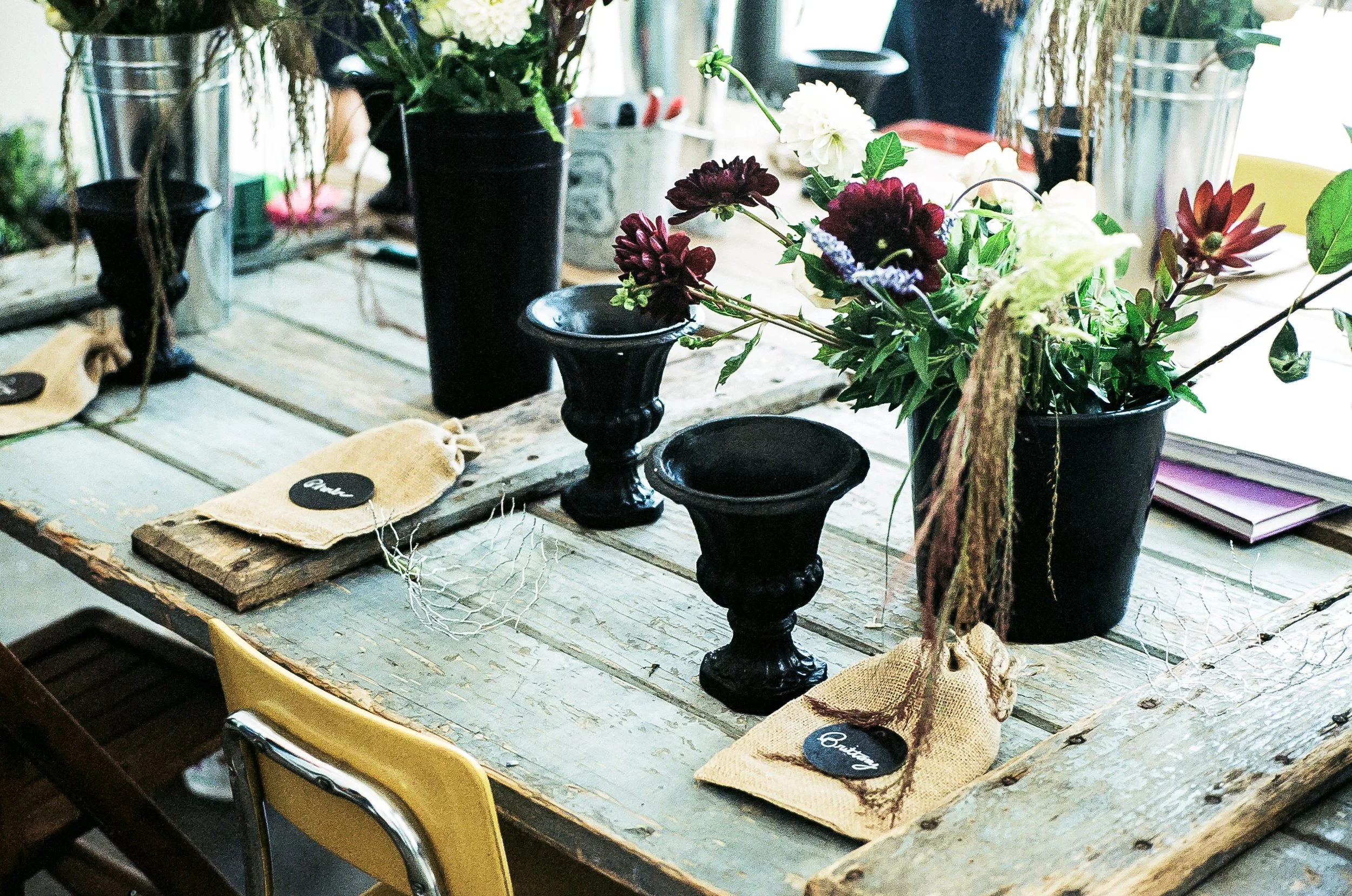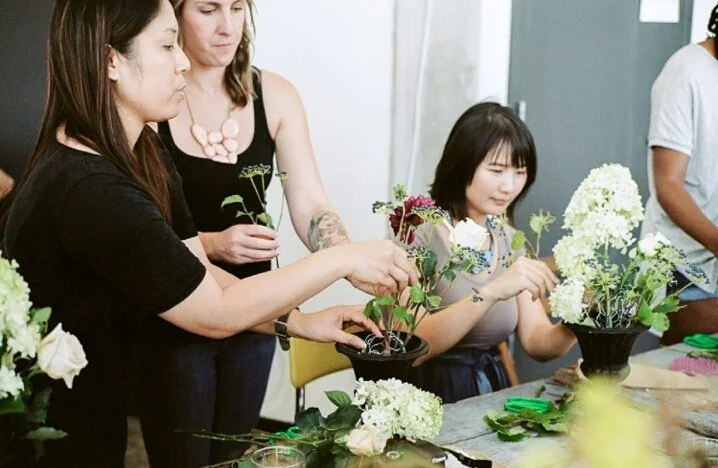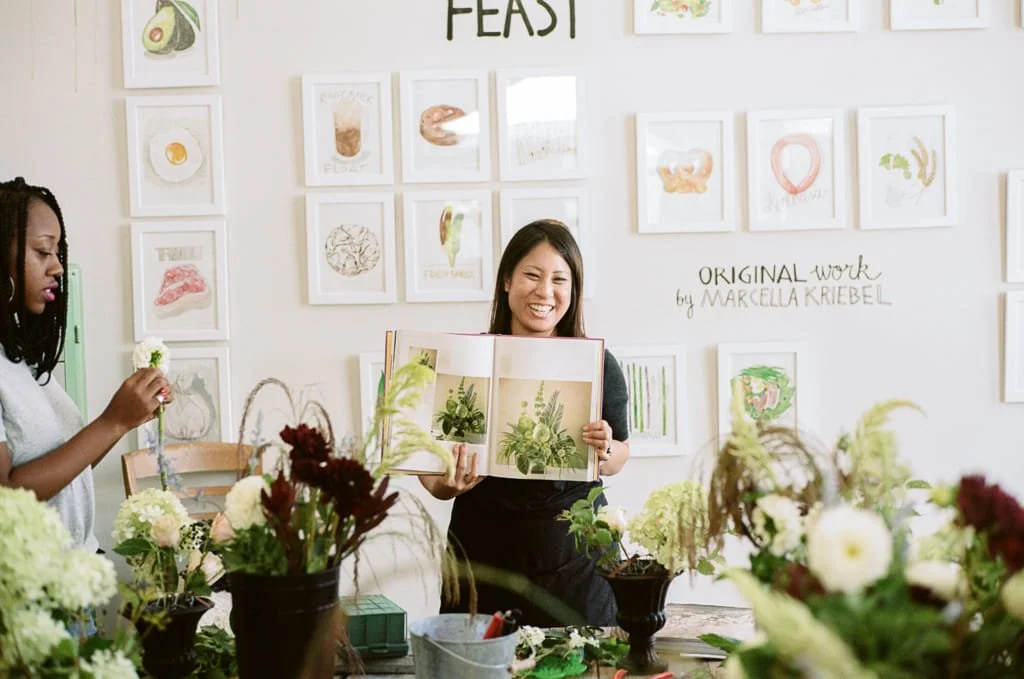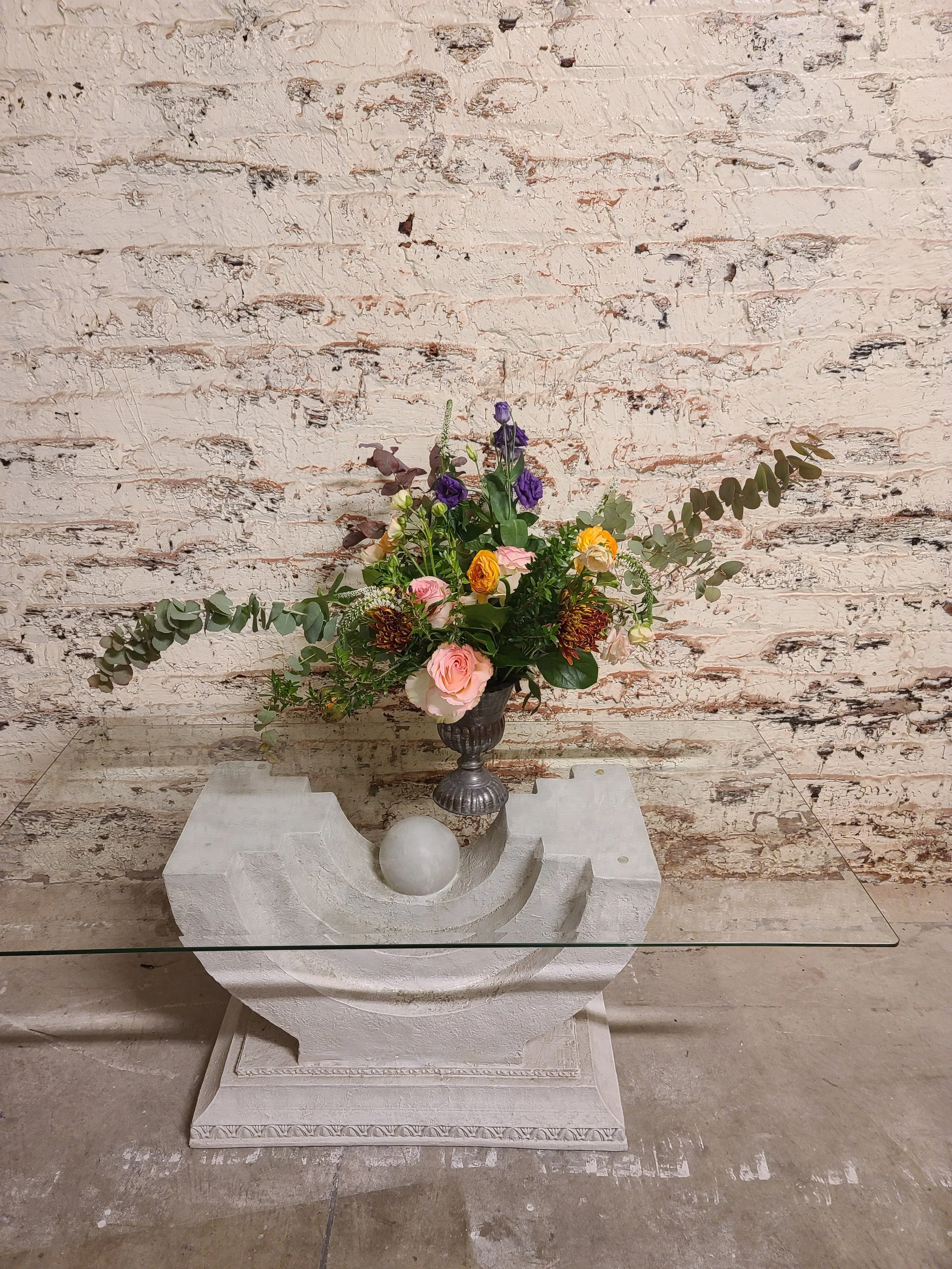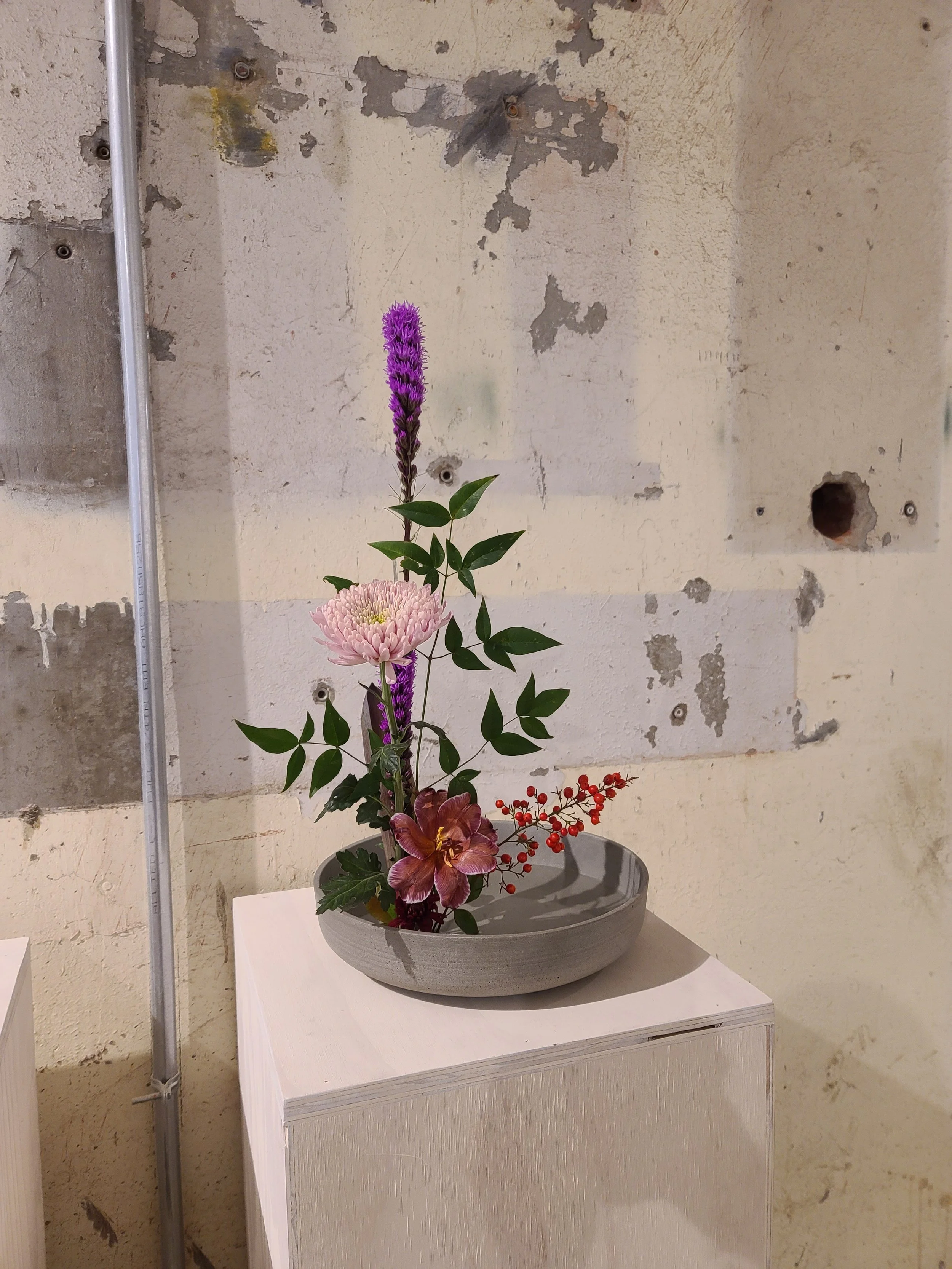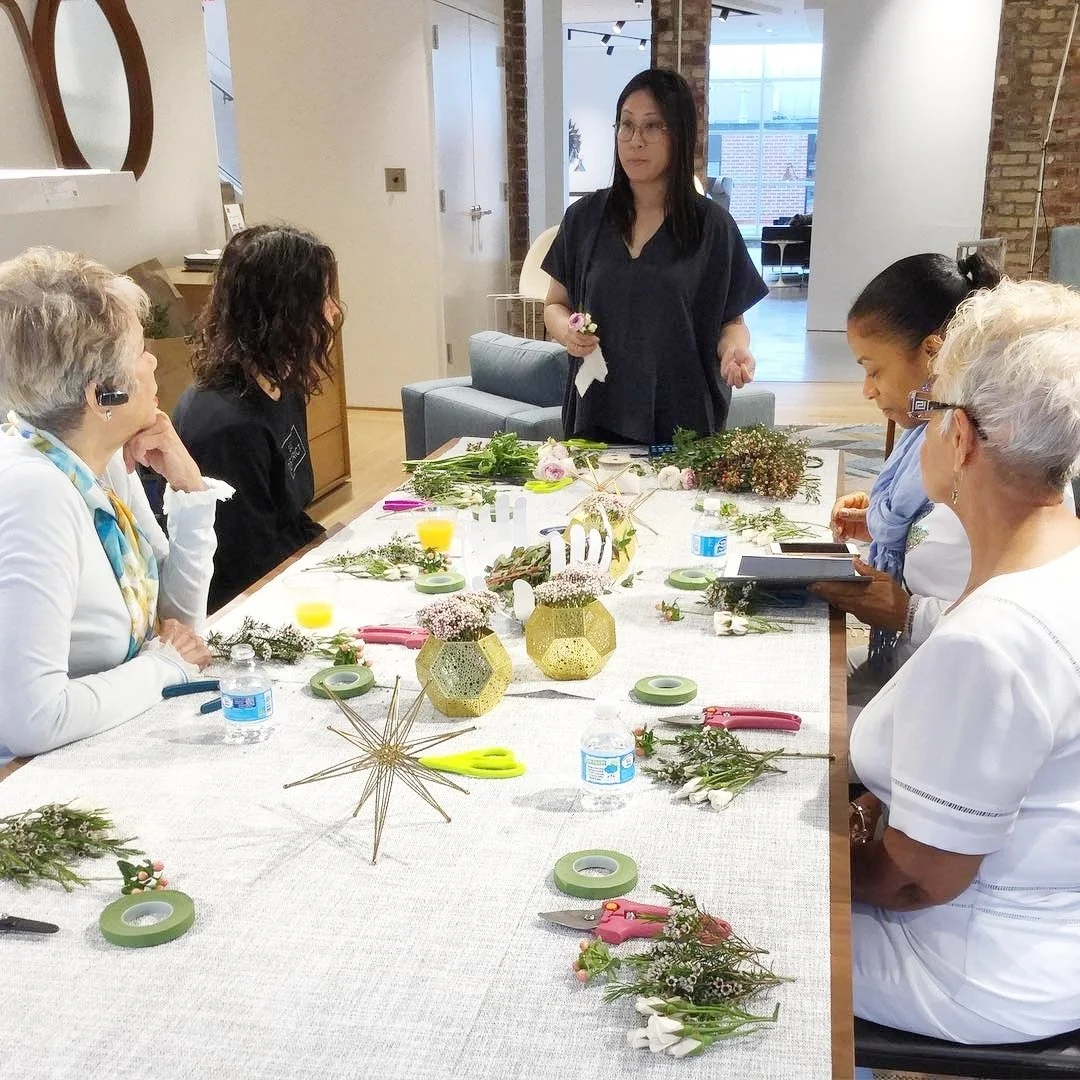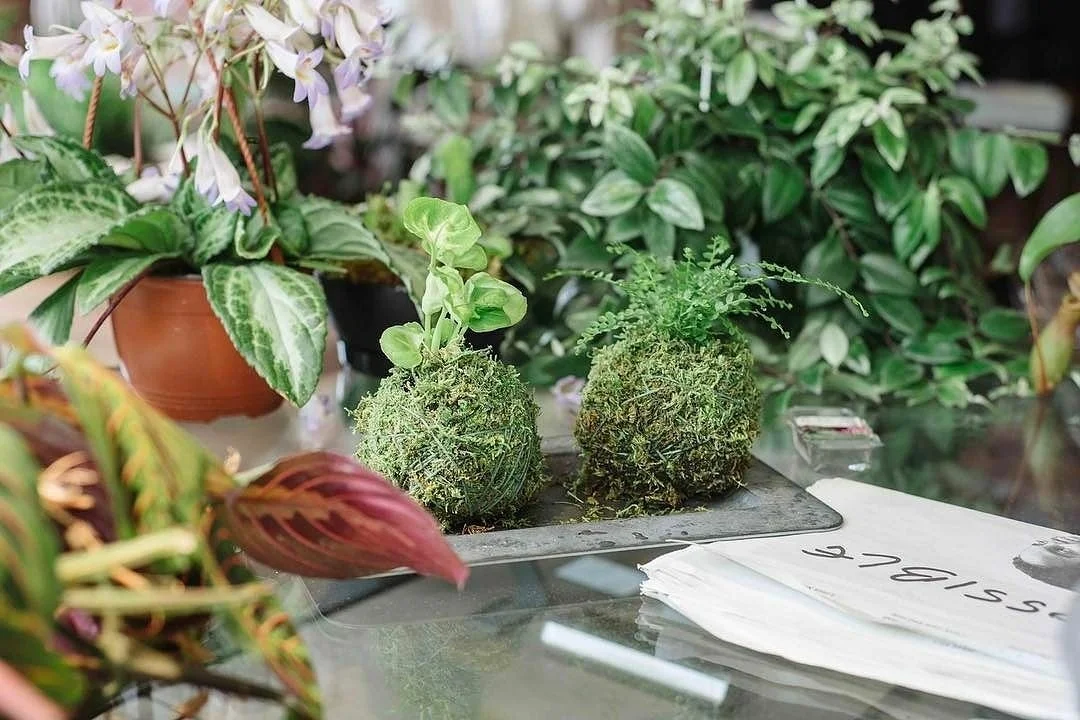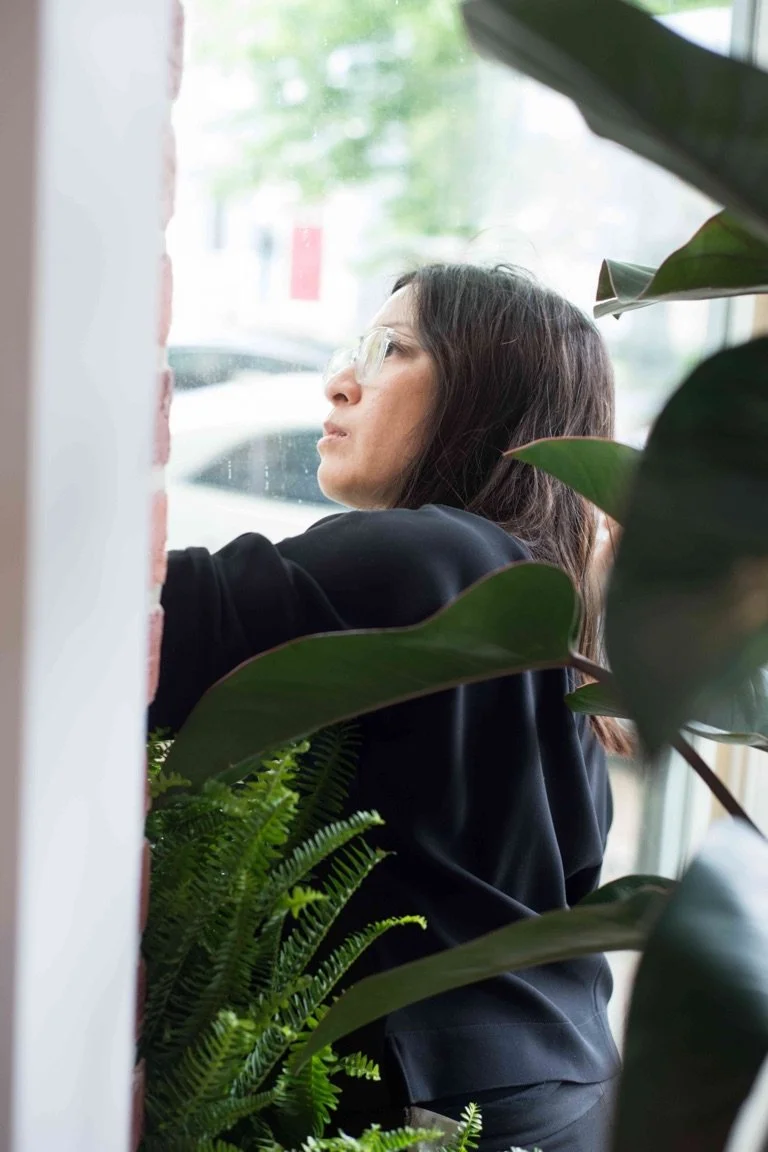Select Botanical Design
Flower Compositions
Flowers + Film: A Still Life Study
Flowers + Tarot
Secret Languages | The Hidden Meanings of Tarot and Flowers. A collaboration between Michelle Samson and Heidi Phelps of Black Violet Tarot.
Throughout history, art, and folklore, violets have represented life and fertility, death and remembrance—a striking contrast of joy v. grief, beginning v. end, and future v. memory. Heidi created the Black Violet Tarot as she became a mother while losing her own mother to cancer, and the deck reflects this idea of bittersweet dualities—of shining a light in times of darkness.
Michelle and Heidi set out to further explore the connections between flowers and tarot—diving deeper into the human experiences and emotions (both positive and negative) represented by plants and cards.
-
![]()
The High Priestess
-
![]()
-
![]()
-
![]()
The Lovers
-
![]()
-
![]()
-
![]()
Death
-
![]()
-
![]()
Michelle and Heidi started out with the High Priestess, a figure of intuition, empathy, and mystery. From left to right, you’ll see the High Priestess from the Black Violet Tarot alongside @misafloral’s interpretation of the High Priestess.
From Heidi:
The High Priestess is a teacher and guide that can help you unlock life’s mysteries. Navigating gracefully between the conscious and subconscious realms, the High Priestess invites you to remain still—to pause, reflect, and listen to your intuition as you determine your next steps. She can appear at a time that feels confusing or unclear, where hidden forces may be at play. The High Priestess urges you to trust your instincts as you move forward—your path will become clearer as you go.
From Michelle:
Tulips and Pomegranates. There are different meanings for tulips. One common meaning is that they represent the attainment of spiritual awareness. Tulips are also symbolic of resurrection. Give to someone who may feel a little lost – it will encourage inspiration and will help that person regain a sense of deep serenity. The pomegranate is seen on both the High Priestess and the Empress cards, and symbolizes female fertility and sexuality, and the Goddess. Secret knowledge and rebirth. The veil represents the separate conscious and subconscious realms, the seen and the unseen. The pomegranates on the veil are a symbol of abundance and fertility.
The Lovers—a card that symbolizes love, harmony, and symbiosis.
From Heidi:
Consider The Lovers card a shout-out to the most loving and meaningful relationships in your life—showing gratitude for the ones that lift you up and push you to be a better person. This could refer to romantic relationships, friendships, family relationships (with biological or chosen family members), or even a particularly productive and supportive business partnership. Love doesn’t have one unique definition—it comes in many forms. Revel in the beauty of whatever form love takes for you. Reversed: Disconnection. Isolation. Miscommunication.
From Michelle:
Roses have many meanings including love, honor, faith, beauty, balance, passion, wisdom, intrigue, devotion, sensuality, and timelessness. In the original Rider Waite Tarot (from which the Black Violet Tarot takes inspiration), the red rose is the rose of passion, courage, action, masculinity/yang, and blood. Apples represent knowledge, as the Tree of Knowledge in the Garden of Eden was an apple tree. The knowledge is of a mystical nature, since if you slice open an apple, the seeds form a pentagram.
Death—one of the most misunderstood cards in the tarot.
From Heidi:
13. Death: Change. Release. Transformation. Generally speaking, the Death card represents change and transition—not actual death. So don’t be afraid if it shows up for you in a reading; it can be quite a positive card. Just as the crows are released from her hair in this illustration, you’re encouraged to let go of what no longer serves you, in order to let more positive influences into your life. Like death, change is inevitable and happens to everyone—regardless of who you are or how strongly you try to resist it.
Death, reversed: Stagnancy. Inertia. Resistance to change.
From Michelle:
Scabiosa, specifically, dark colored scabiosa, is a symbol of unfortunate love and also death and mournful widows. On the other hand, the protea flower is one of the flowers that stands for courage. Protea is also associated with change and transformation. Amaranth is a symbol of immortality. It was featured in Aesop’s Fables to illustrate the difference between a fleeting beauty (rose) and an everlasting beauty (amaranth).
Flowers + Fashion
En Route to Eden, Fashion Film
Valentine’s Day, Fashion Film
Flowers + Tablescapes
Pro tips for designing a Thanksgiving tablescape with Great Day Washington
Via WUSA: Set designer & botanical artist Michelle Samson shows an example for a Thanksgiving tablescape for different budgets and discusses floral techniques.
Flowers + Chick Pea Magazine
Flowers + Workshops
Flowers + Chevrolet
Flowers + Plant Installation

